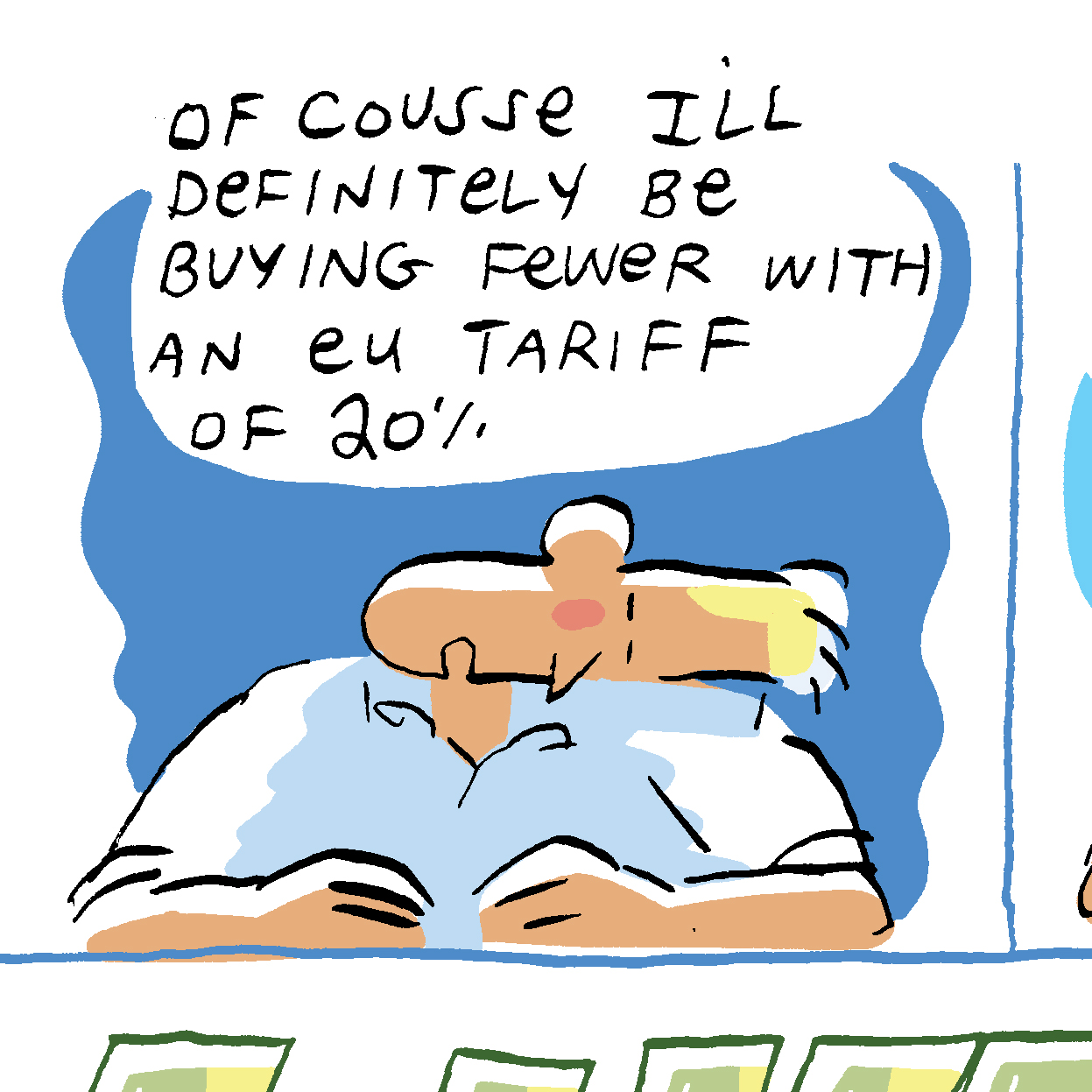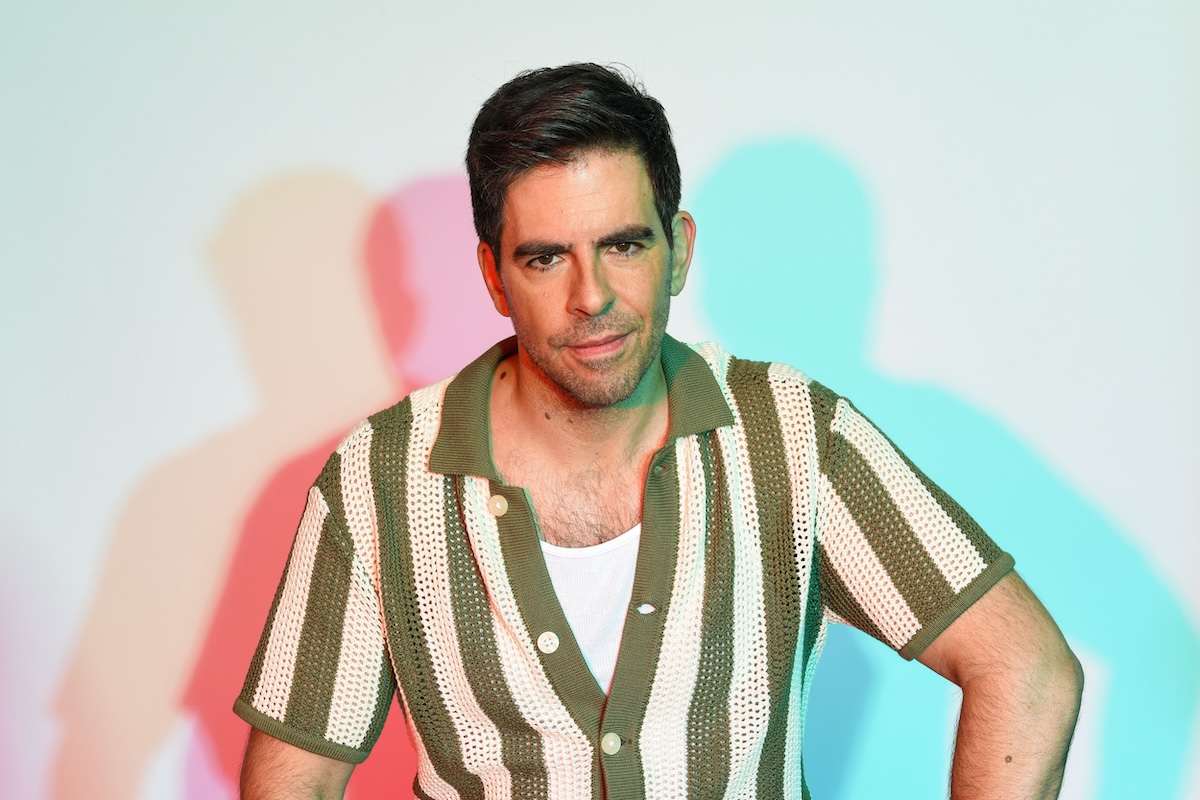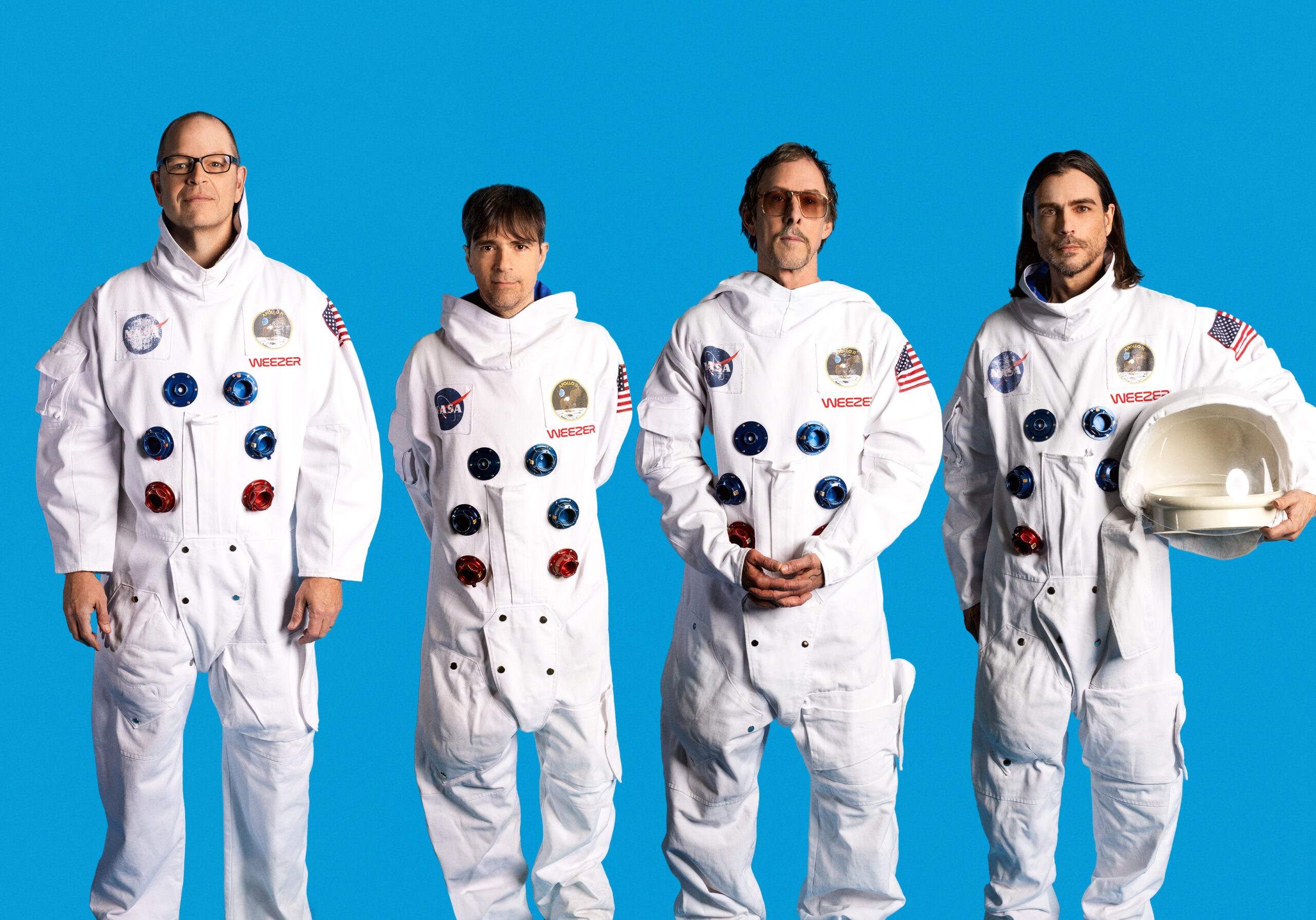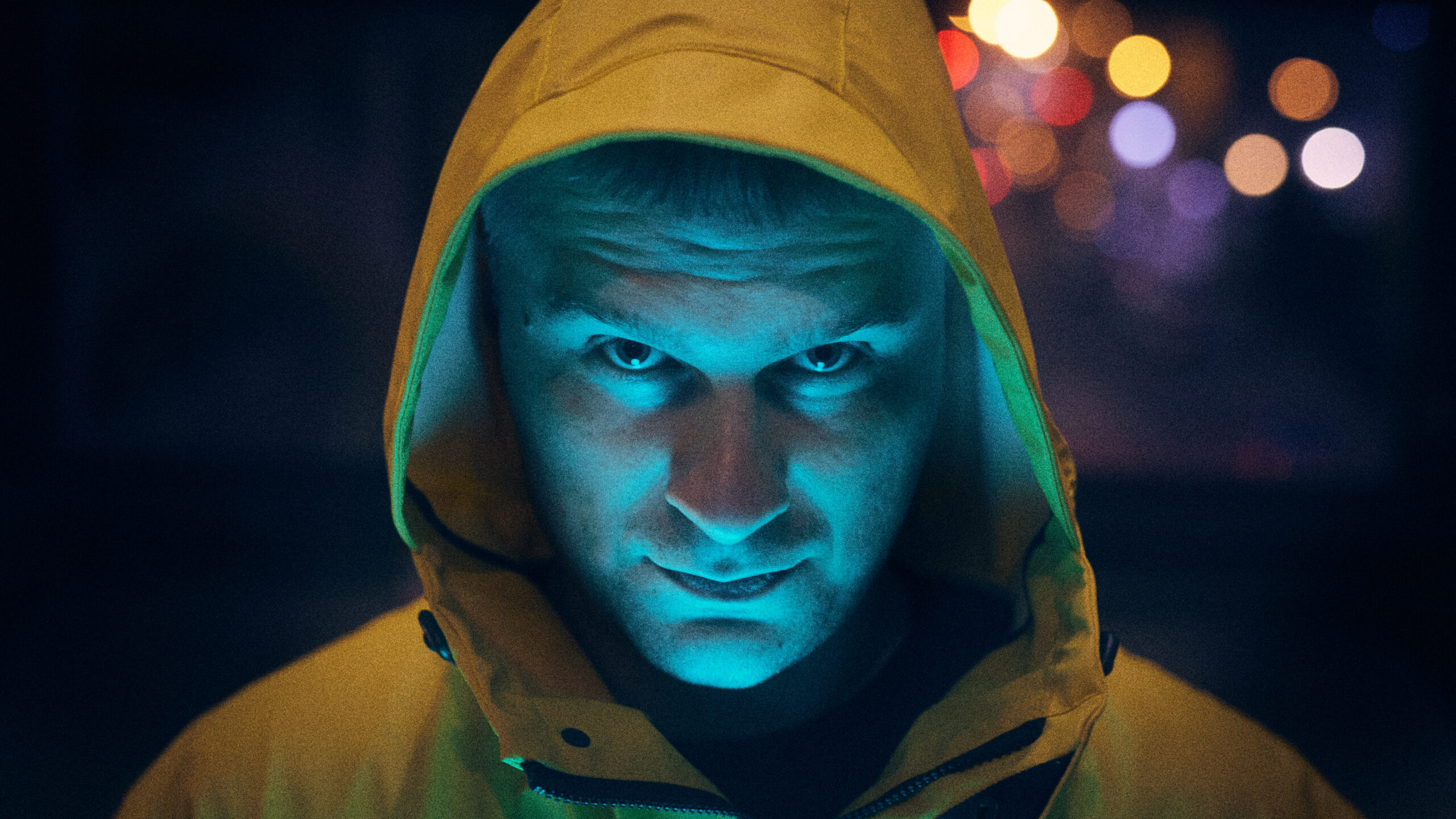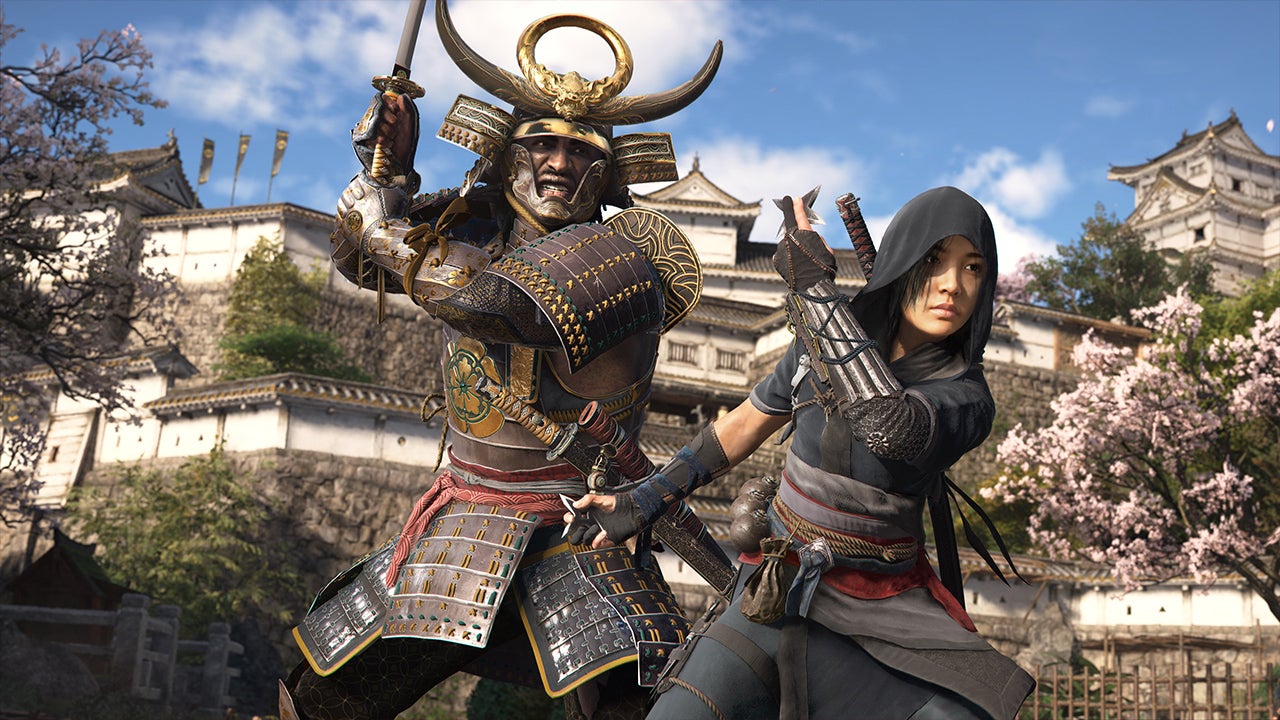Captain America 4’s Carl Lumbly Discusses His Complicated Superhero History
Early in Captain America: Brave New World, Sam Wilson takes his pal Joaquin Torres to get some training. At first Joaquin scoffs at the trainer chosen by Sam, a physically imposing, but decidedly older man. But when Sam tells Joaquin the trainer’s name, Joaquin is overcome with awe. After all, the man is Isaiah Bradley, […] The post Captain America 4’s Carl Lumbly Discusses His Complicated Superhero History appeared first on Den of Geek.
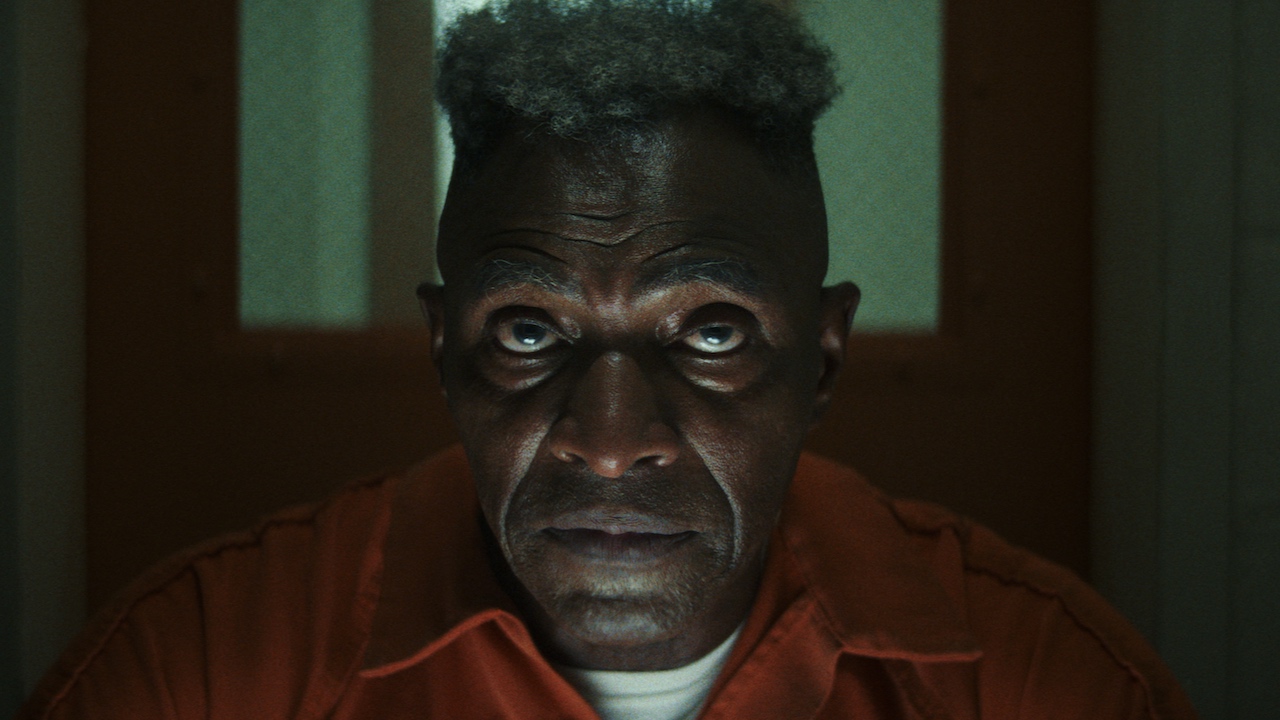
Early in Captain America: Brave New World, Sam Wilson takes his pal Joaquin Torres to get some training. At first Joaquin scoffs at the trainer chosen by Sam, a physically imposing, but decidedly older man. But when Sam tells Joaquin the trainer’s name, Joaquin is overcome with awe.
After all, the man is Isaiah Bradley, the lost Captain America, who gained powers when the Super-Soldier serum was forced upon him. As we learned in The Falcon and the Winter Soldier, Isaiah went on several missions for the U.S. government in the 1950s, only to be captured by Hydra and disavowed by the military, left to rot in prison. When Sam took on the mantle of Captain America from Steve Rogers, he made it his mission to get Isaiah the respect he deserves, as the great, lost Captain America.
Does that respect mean that we’ll see Isaiah finally suited up, joining the Avengers in a Captain America costume? Isaiah’s actor Carl Lumbly isn’t too sure.
“I’m not sure if you remember M.A.N.T.I.S.,” Lumbly responds when Den of Geek asks about his hopes to play in-costume Captain America in an upcoming Avengers film. “That was my first experience with spandex. And I can say I’ve been happy to live without spandex.”
Lumbly starred as Dr. Miles Hawkins in M.A.N.T.I.S., a superhero series created by none other than Sam Raimi and Batman (1989) screenwriter Sam Hamm, which ran for one season on the Fox Network in 1994-1995. In his masked persona, Hawkins wore armor as much he did spandex, but that was enough for Lumbly. “The materials now are probably more forgiving, but no,” he laughs.
To be sure, Lumbly has earned the right to pass on putting on a costume. He is a bonafide legend in the world of genre fiction. His credits include playing John Parker in The Adventures of Buckaroo Banzai Across the 8th Dimension, voicing the Martian Manhunter in Justice League Unlimited, and appearing as C. Auguste Dupin in Mike Flanagan‘s The Fall of the House of Usher.
Although his superhero bonafides cannot be disputed now, Lumbly admits he was slow to the genre. “I was not allowed to read comic books when I was young,” he says. “I was told that they were not acceptable forms of literature and I love reading and I love books. So when I came to comic books to do J’onn J’onzz the Martial Manhunter in the DC world, I became aware of the depth of these stories that I that dismissed as romps.”
“These characters are saying things to one another inside these stories that you probably couldn’t get away with in some of the other literature that I was more familiar with, because people would say it’s so didactic or on the nose. But the fact that comic book stories all start with an image without words gives them a power that allows the words to reach even further.
“It hits people in the spot before they realize the shot’s been fired.”
It’s that power to slip hard truths past resisting audiences that drew Lumbly to the MCU in the first place. Lumbly describes Isaiah Bradley as “a witness” and wanted to play the character because of the “story that he told about himself as a young man, going through what he went through during the war and his perspectives on where things are now.”
“I just felt that it was a beautifully written, shared life experience, and I wanted to take a shot at it. And I took that shot. It was very affecting for me,” he says. “I felt very close to what he was saying, not my circumstances, not my experience, but certainly similar to many stories that I’ve heard about. Stories about people who have sacrificed, people who have been betrayed, and people who keep going.”
The truth of that story helps Lumbly stay true to the character, even through the spectacle that is the MCU. “It’s not my responsibility,” he says of the larger task of keeping up with Isaiah’s place in the ever-expanding shared universe. “I literally just lived with the character and the characters relationship to the other characters laid out in a Marvel universe, which is different from the universe that I thought was the universe.”
“I think my responsibility is to put myself fully in the world that has been laid out in the text and be as truthful inside it as possible. I felt that was my one edict, that Isaiah’s story was truth.” That’s a great word to use to describe Isaiah, who made his debut in the 2002 comic miniseries Truth: Red, White & Black, written by Robert Morales and illustrated by Kyle Baker. Drawing inspiration from the real-world Tuskegee Experiments, Truth connected the Captain America story to the country’s history of violence against Black people.
Troubling as it is, Lumbly sees hope in Isaiah’s story. “He’s simply talking about what happened, what he saw. And I think that is something that a lot of people can relate to.”
“It takes a lot to go through terrible things, talk about how terrible they were, and still be present to move forward beyond what was terrible into the dream that we all have the New Jerusalem, a place where everyone has recognition for the simple fact of being alive and human”
However, Lumbly admits that he didn’t initially see genre movies as the way to imagine that better world. “When Buckaroo Banzai came out in 1984, it seemed like a universe, but people weren’t sure it was a universe they wanted to be part of. It talks about things like eighth dimensions, electrodes, and accelerator machines. It just seemed so incredibly wild that there wasn’t initially an audience.”
“But time has moved on and now it’s got quite a following. It was out there on the fringes and we live in the fringes now. What happens in the Marvel and DC world is mainstream to what was going on in the ’80s.”
Lumbly certainly sees value in that change. “I think it allows for a greater play of imagination. And I think as people become more used to truth inside fantasy and spectacle,” he observes. “We can represent things that people might not otherwise be able to hear. In a time where literacy is under assault, I say whatever you can do to communicate, grab that tool and use it.”
That tool metaphor speaks not just to the power of genre stories to tell the truth, but to Lumbly’s approach as an actor, which helps him keep from getting overwhelmed by the vast worlds in which he plays.
“It’s all text,” he explains. “That’s the instruction manual.”
“I don’t know if you’ve ever put together an IKEA project, but sometimes you find that that spacer is missing or something from the instructions is missing. But you still have to make that piece of furniture functional.”
“To me, that’s my work. I think of myself as a workman. I believe that the work is never over, so if we’re in the middle of shooting, I’m still going over the text, trying to unearth as much as possible and then feed it into myself in a way that I can forget it when it’s time to shoot.”
It’s work that Carl Lumbly has been doing for decades, and we genre fans are fortunate to have him do it, even if he doesn’t want to do it in Captain America spandex.
Captain America: Brave New World is now available on digital streaming services.
The post Captain America 4’s Carl Lumbly Discusses His Complicated Superhero History appeared first on Den of Geek.





![‘Predator: Badlands’ – Dan Trachtenberg Previews His “Big, Crazy Swing” [Interview]](https://bloody-disgusting.com/wp-content/uploads/2025/04/image-26.jpg)





















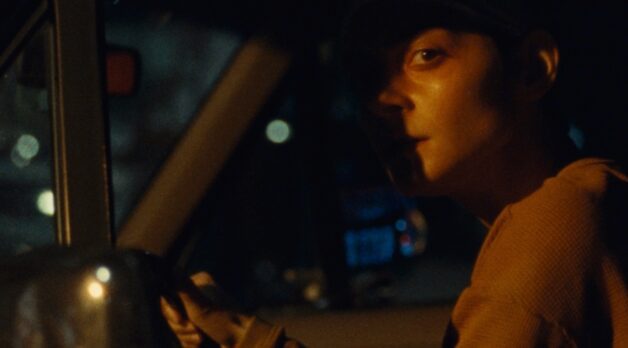
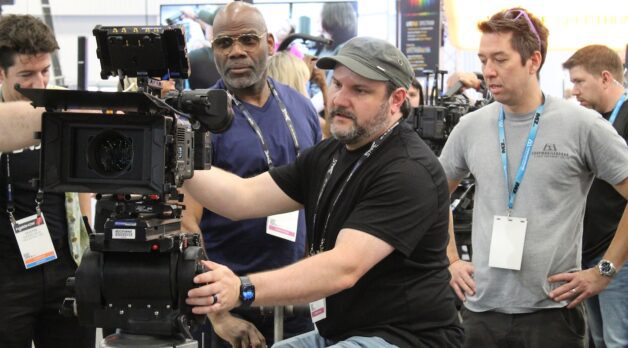








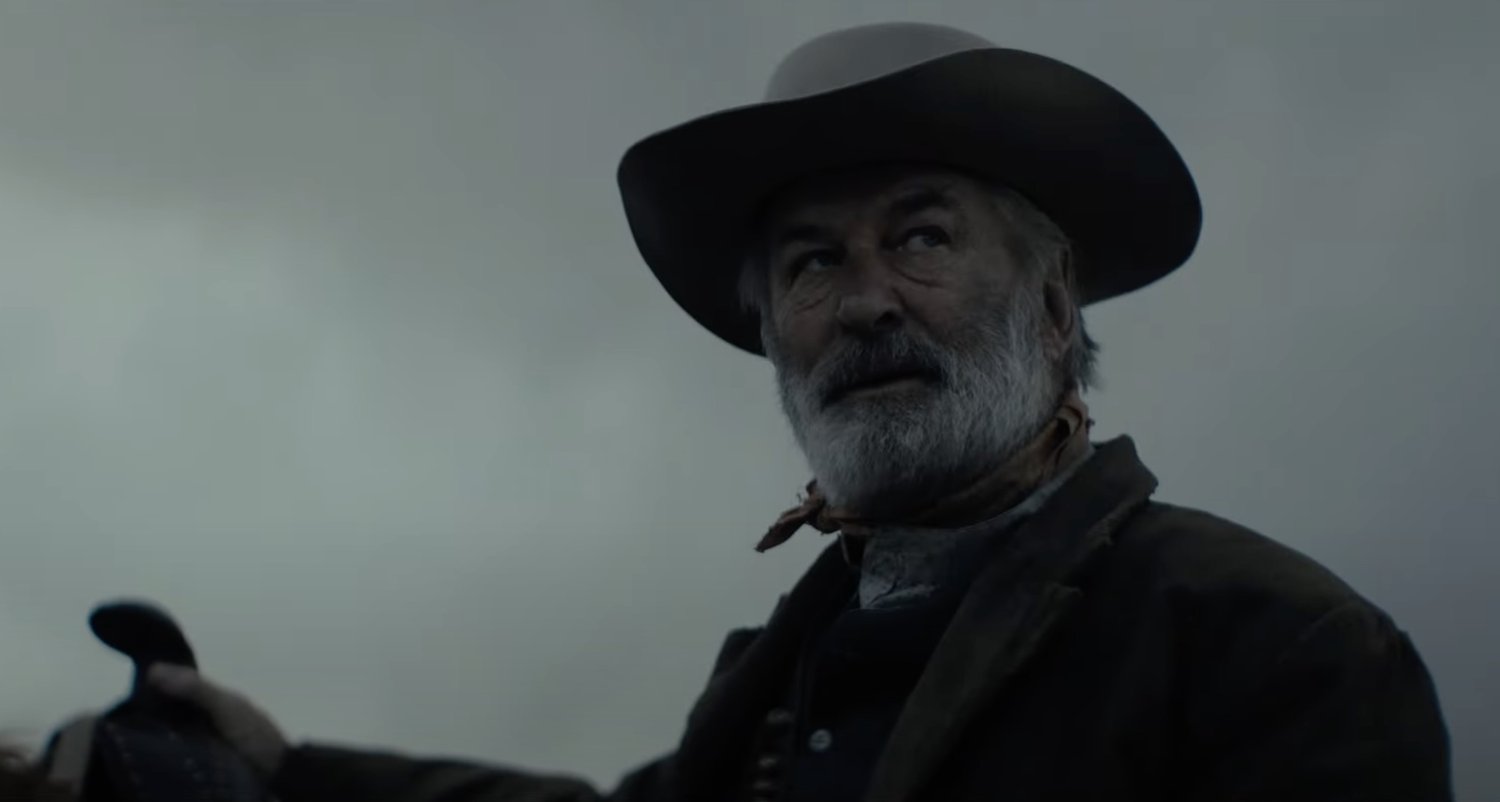
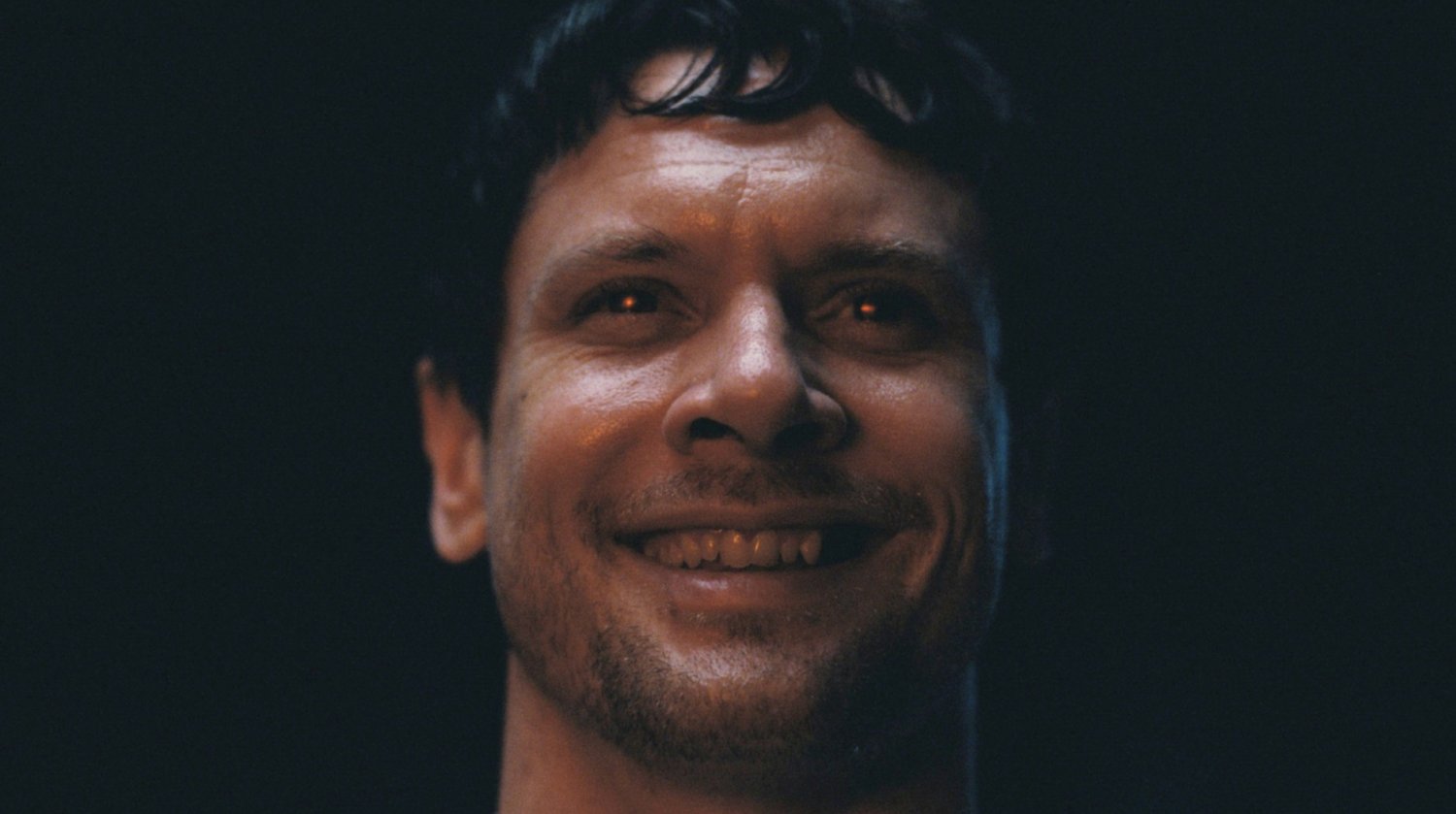

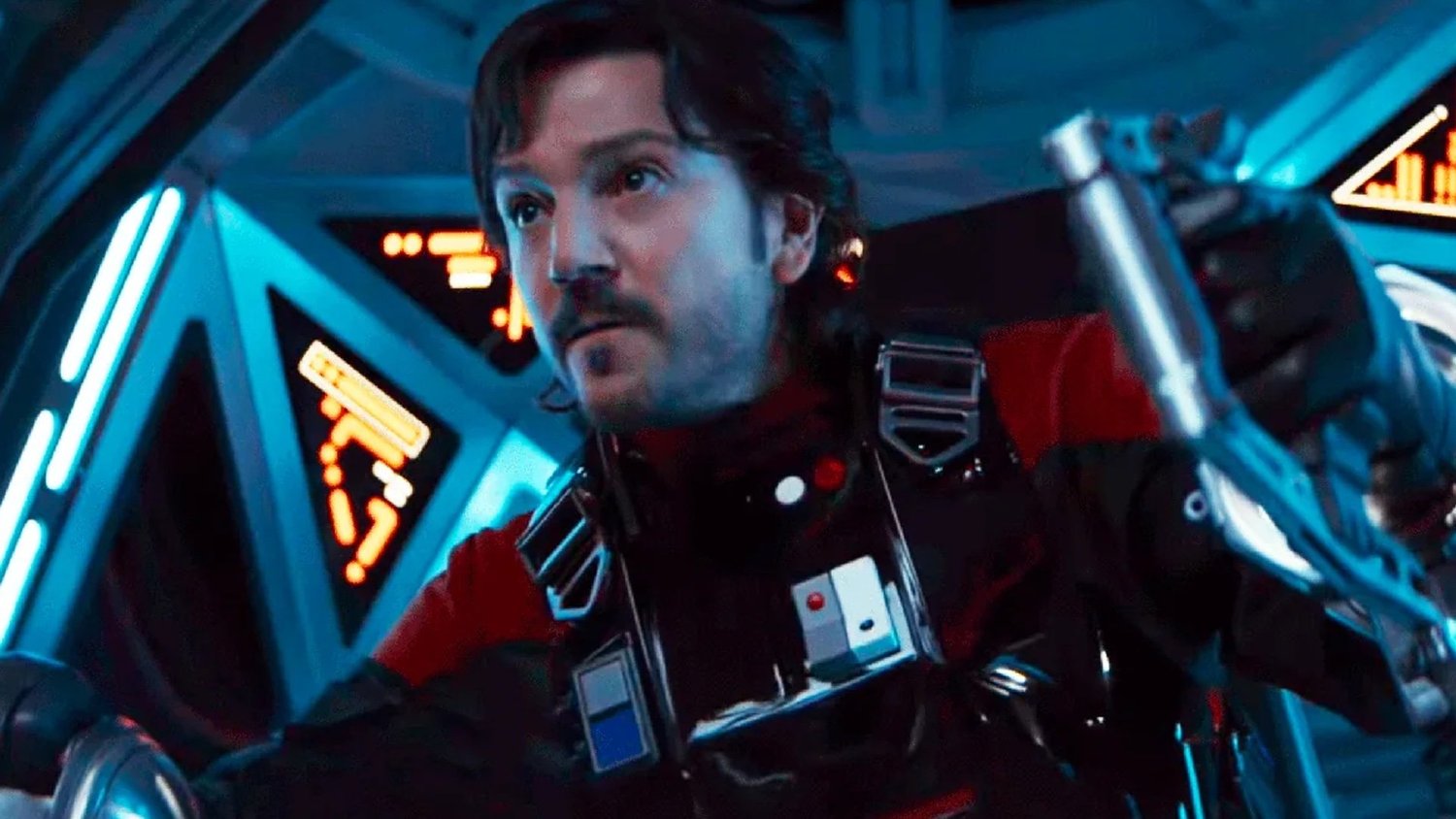









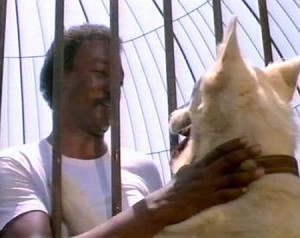


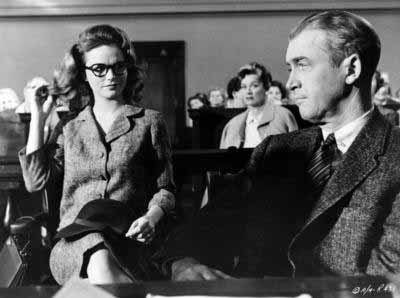
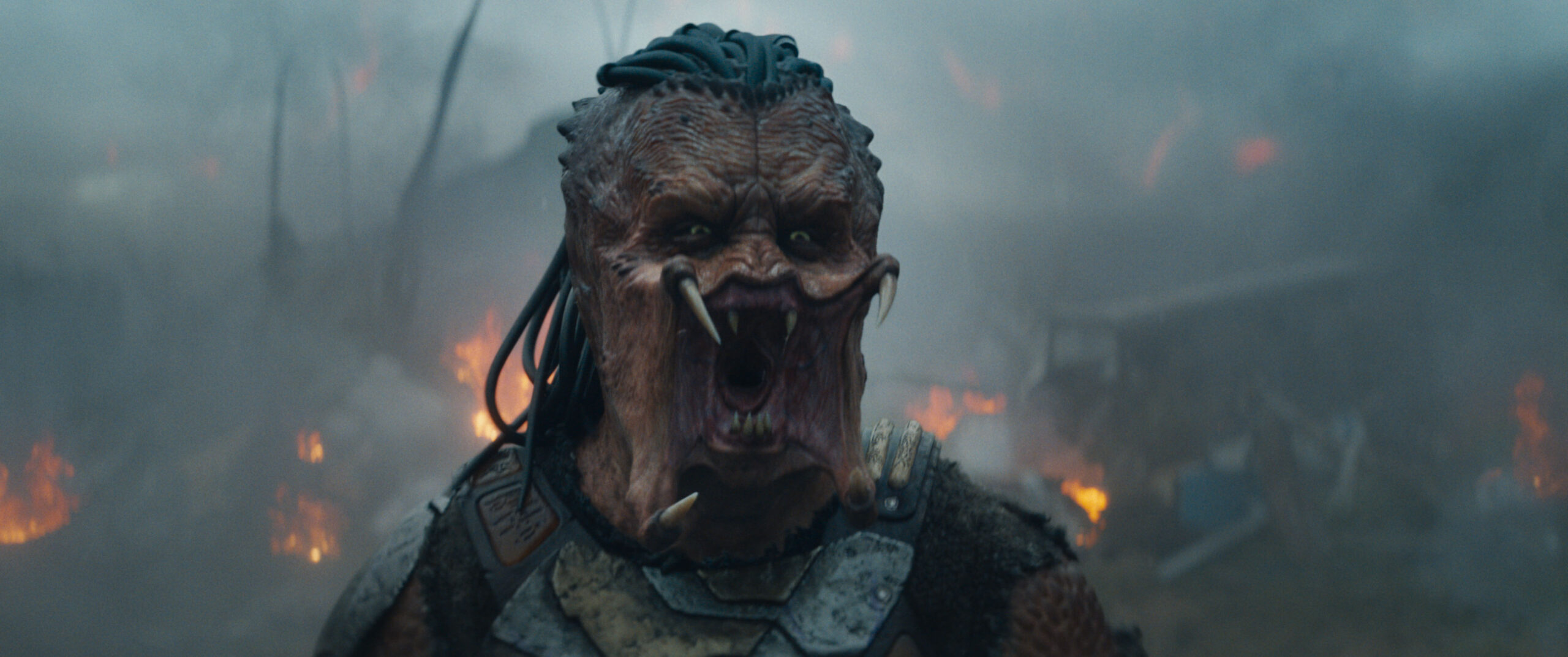
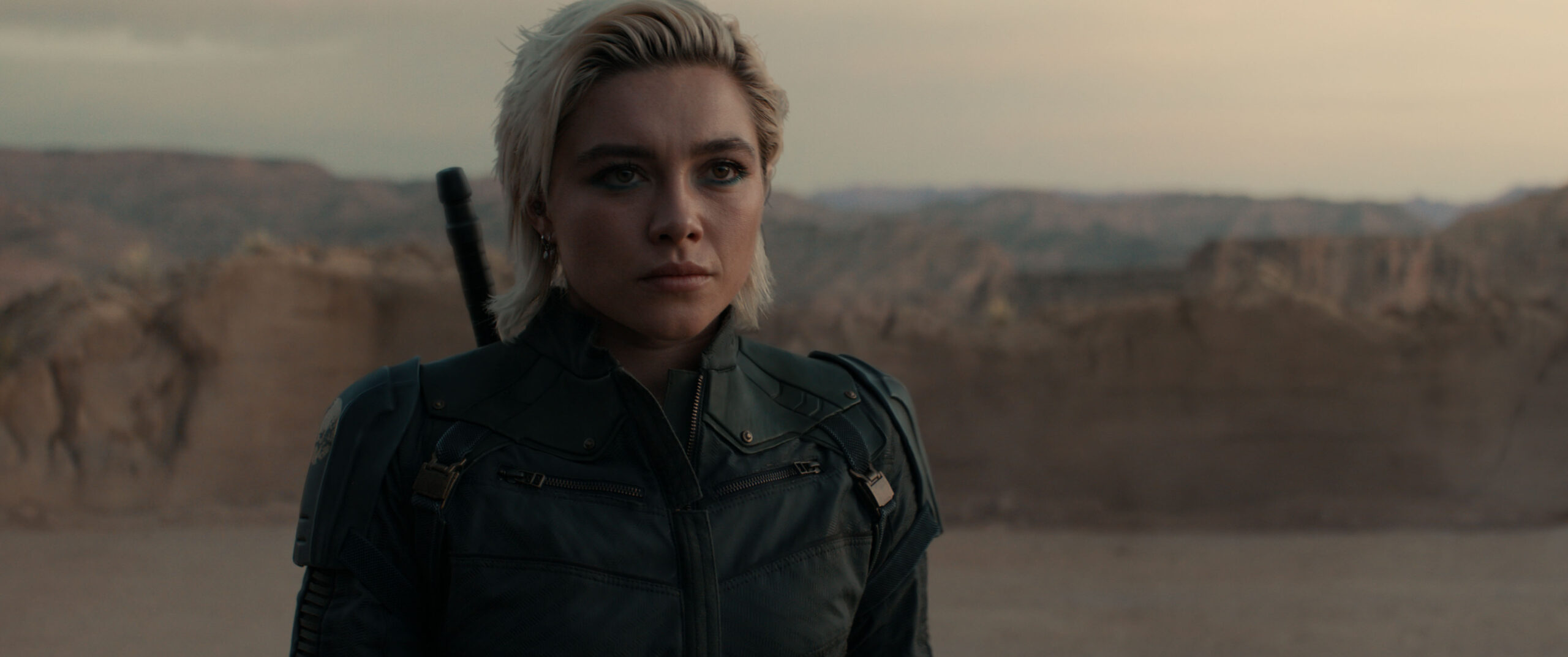
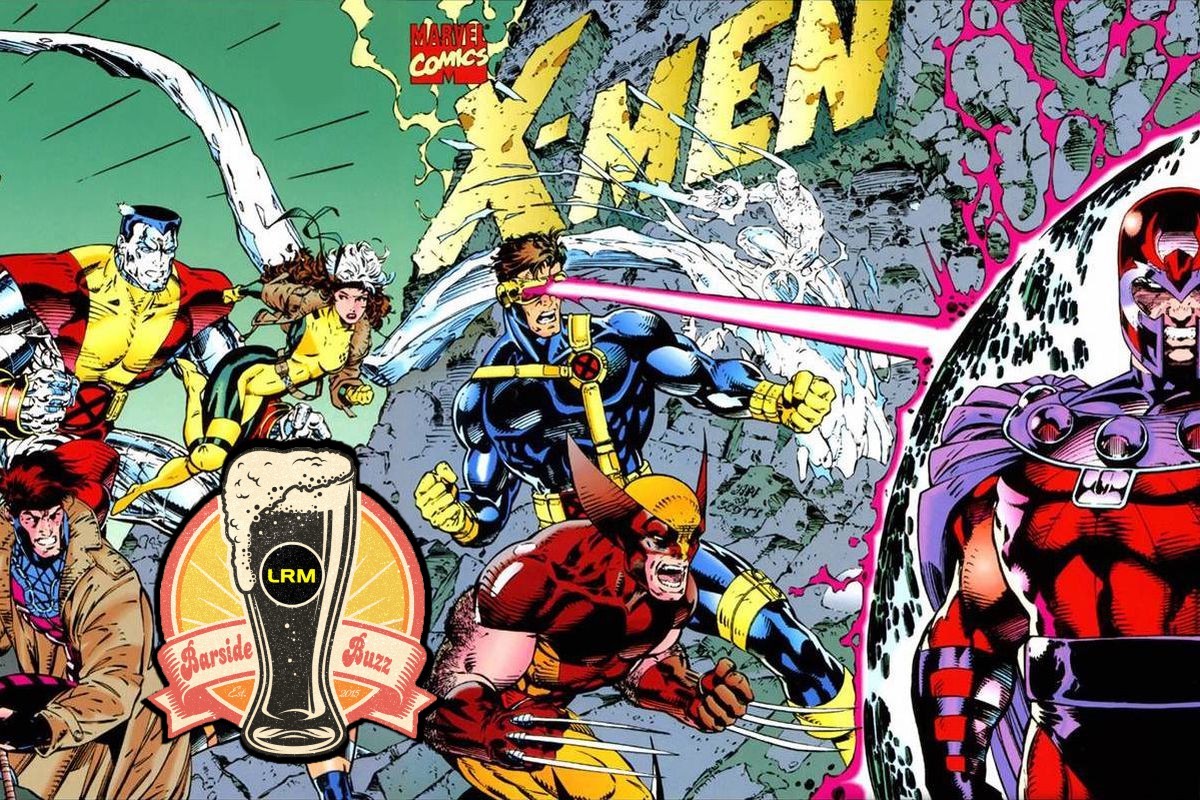



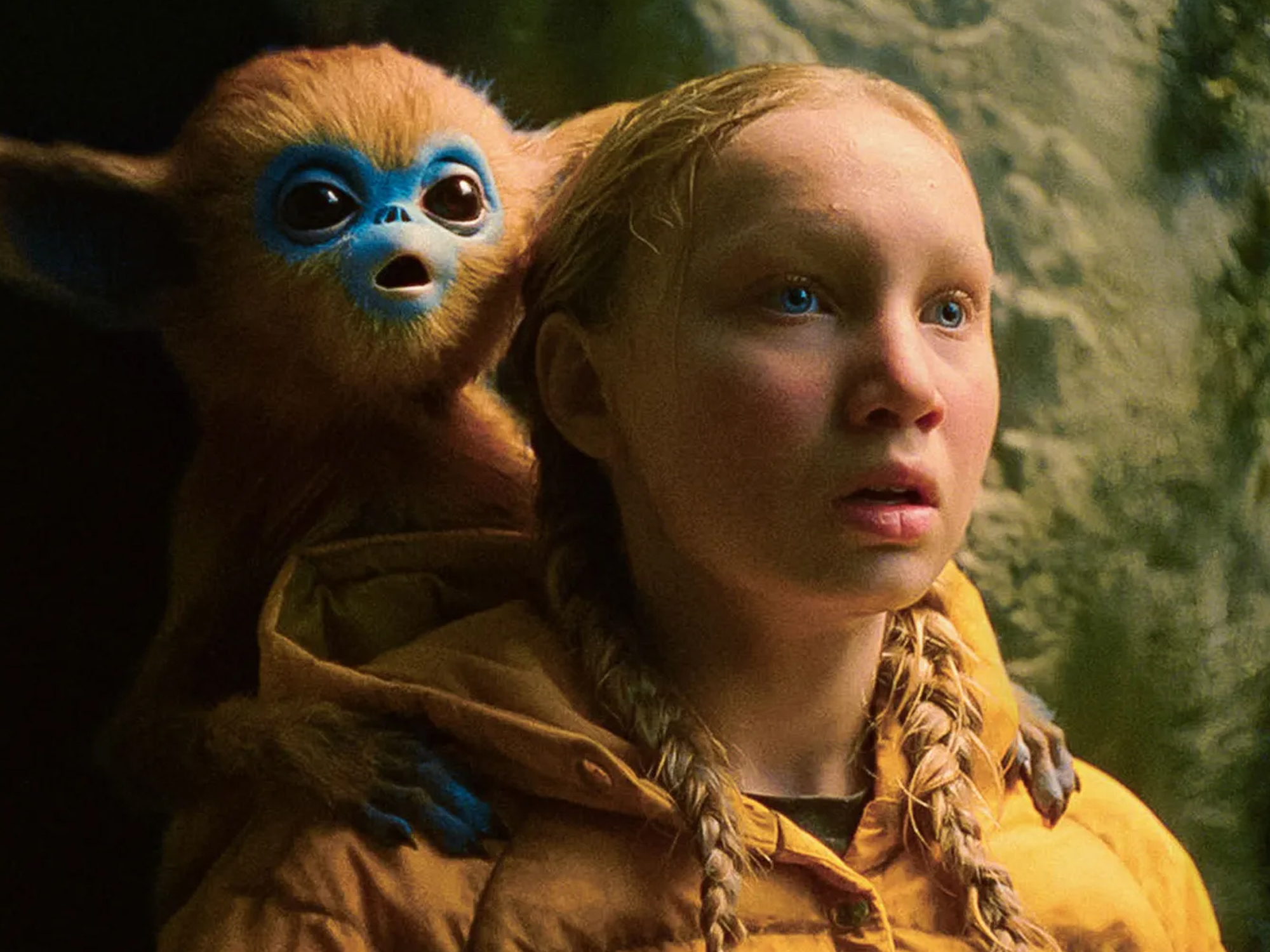








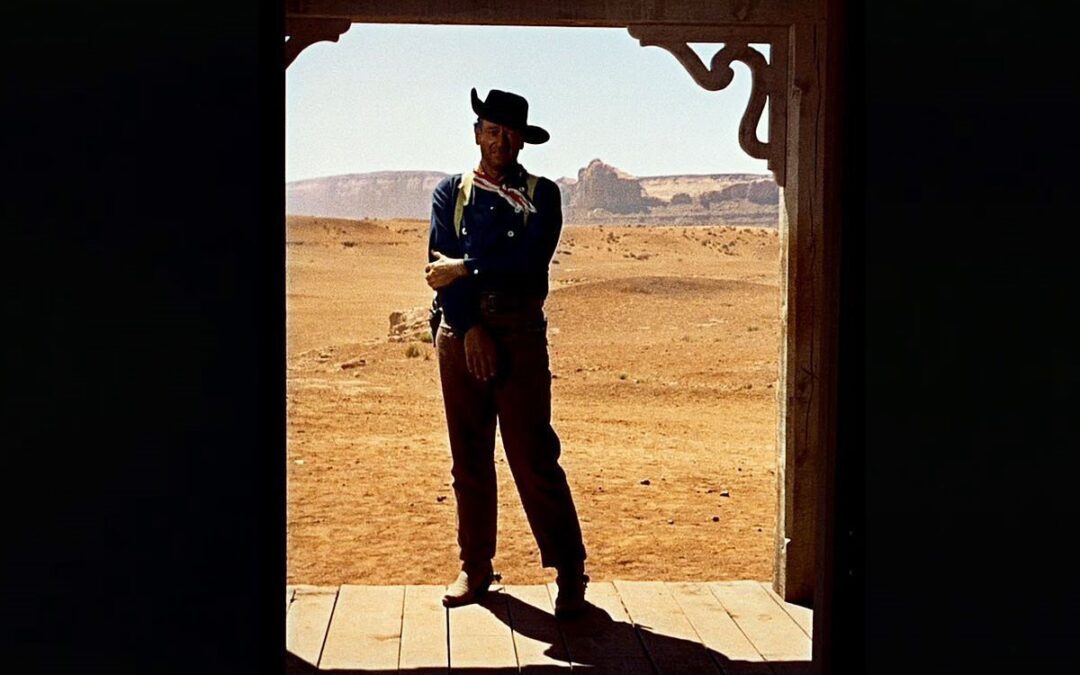
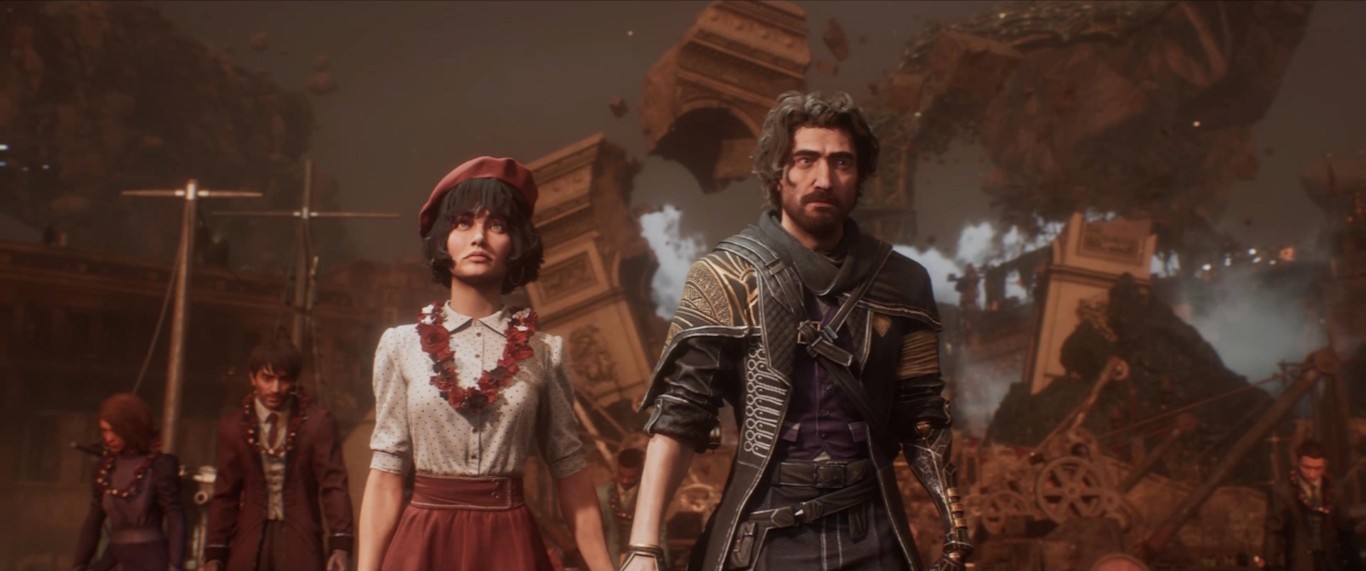
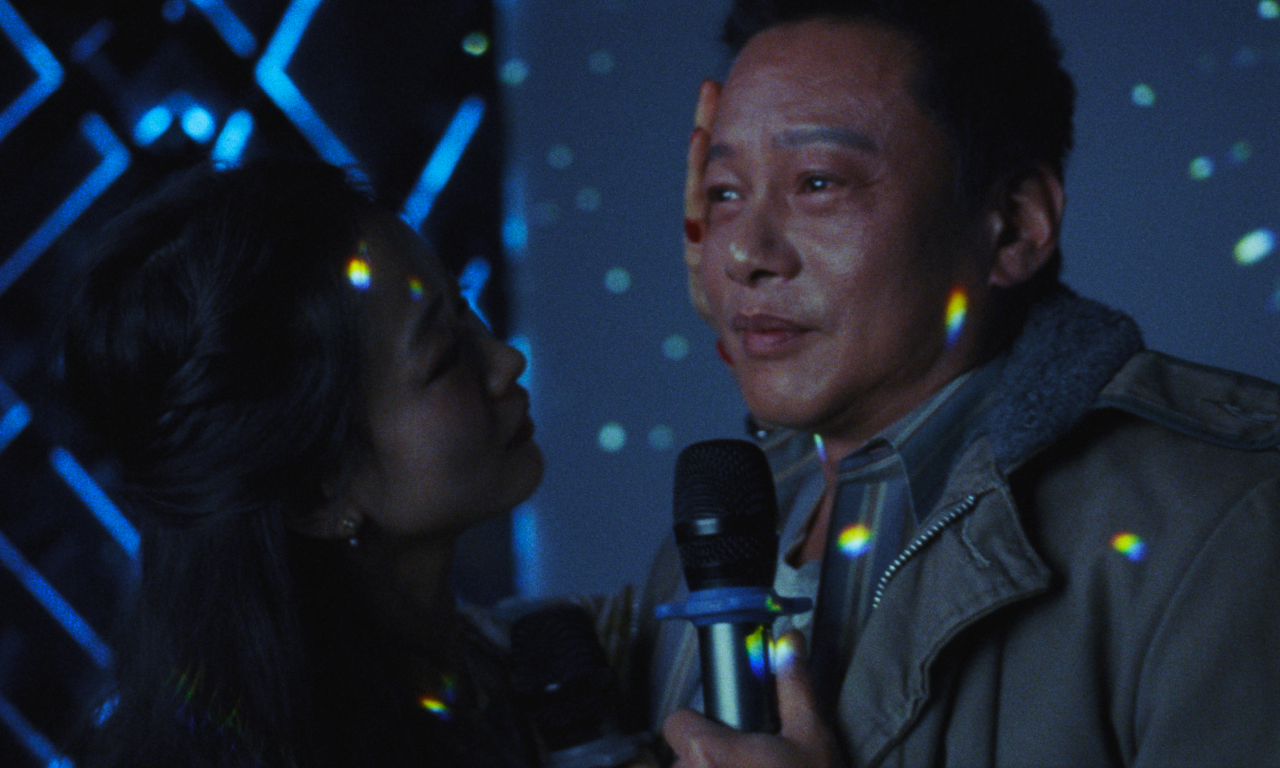






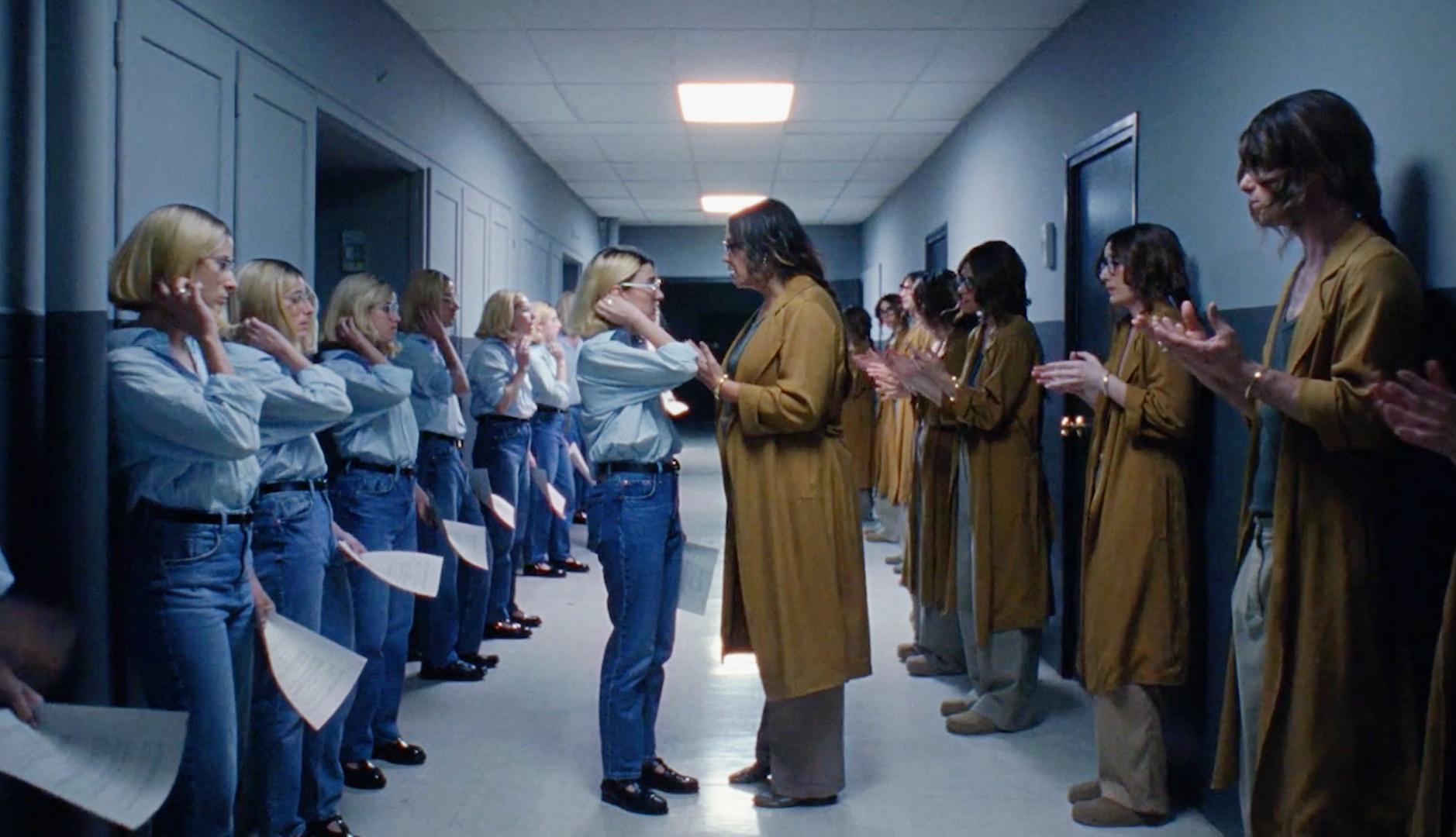


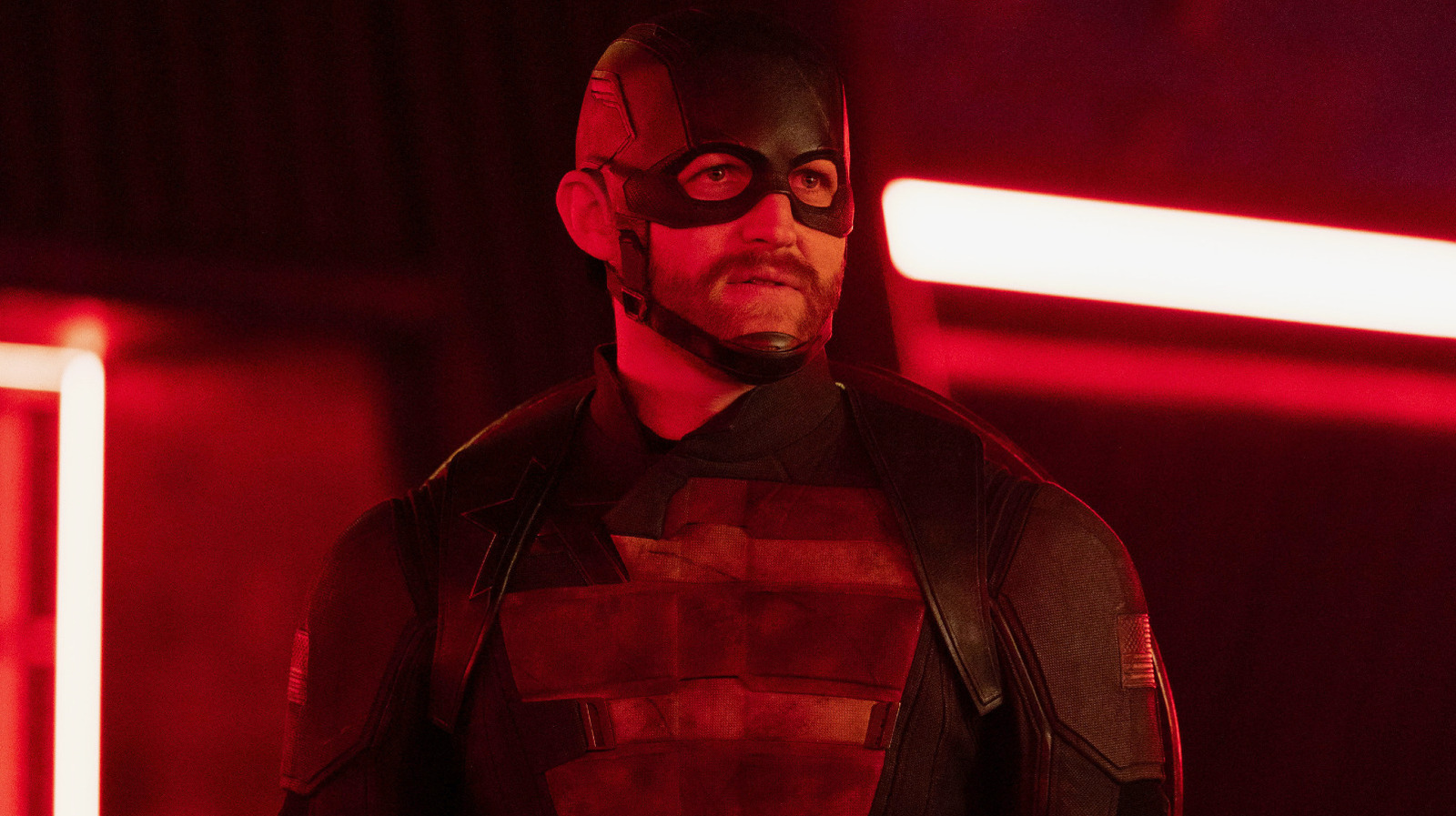
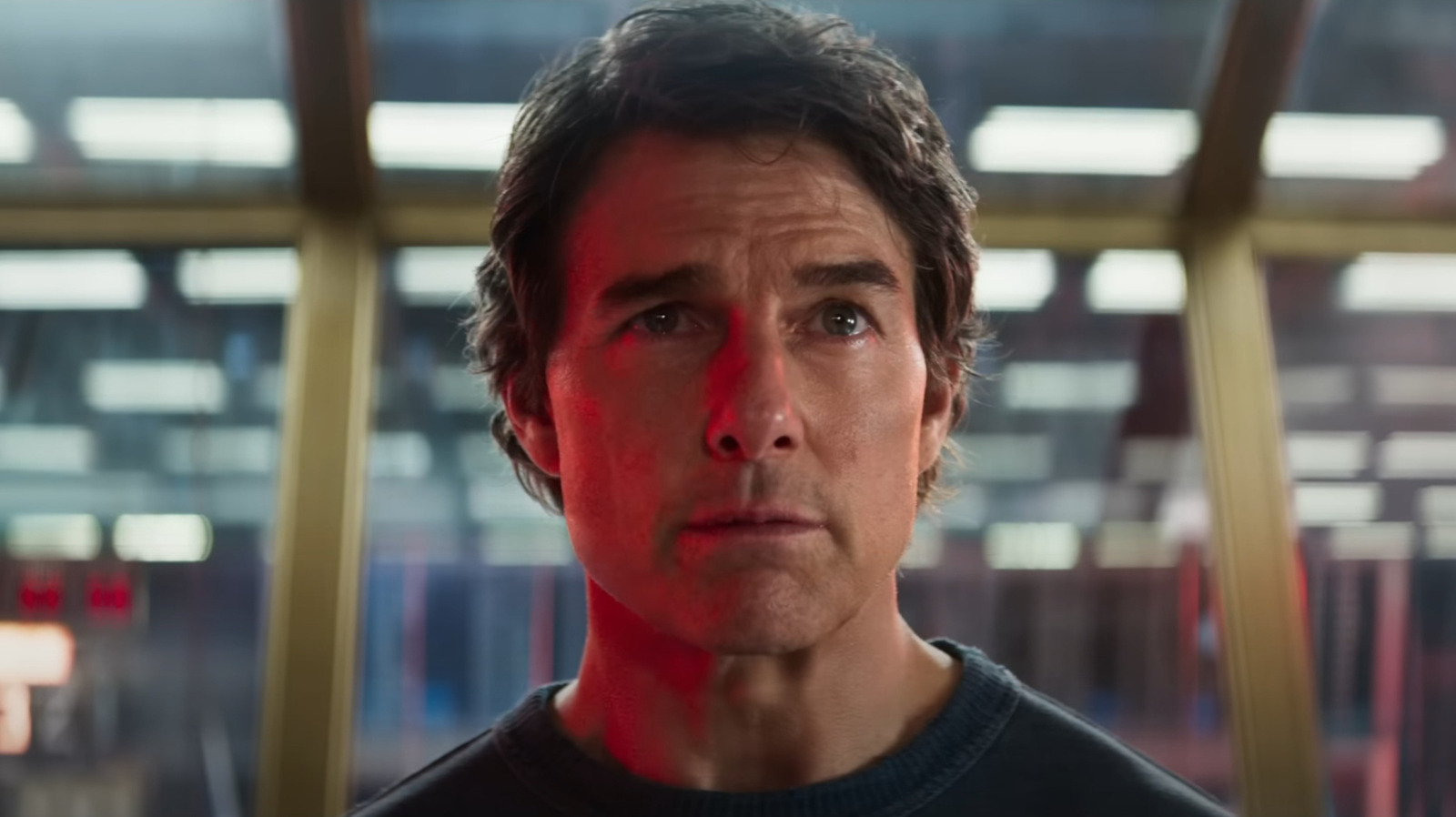

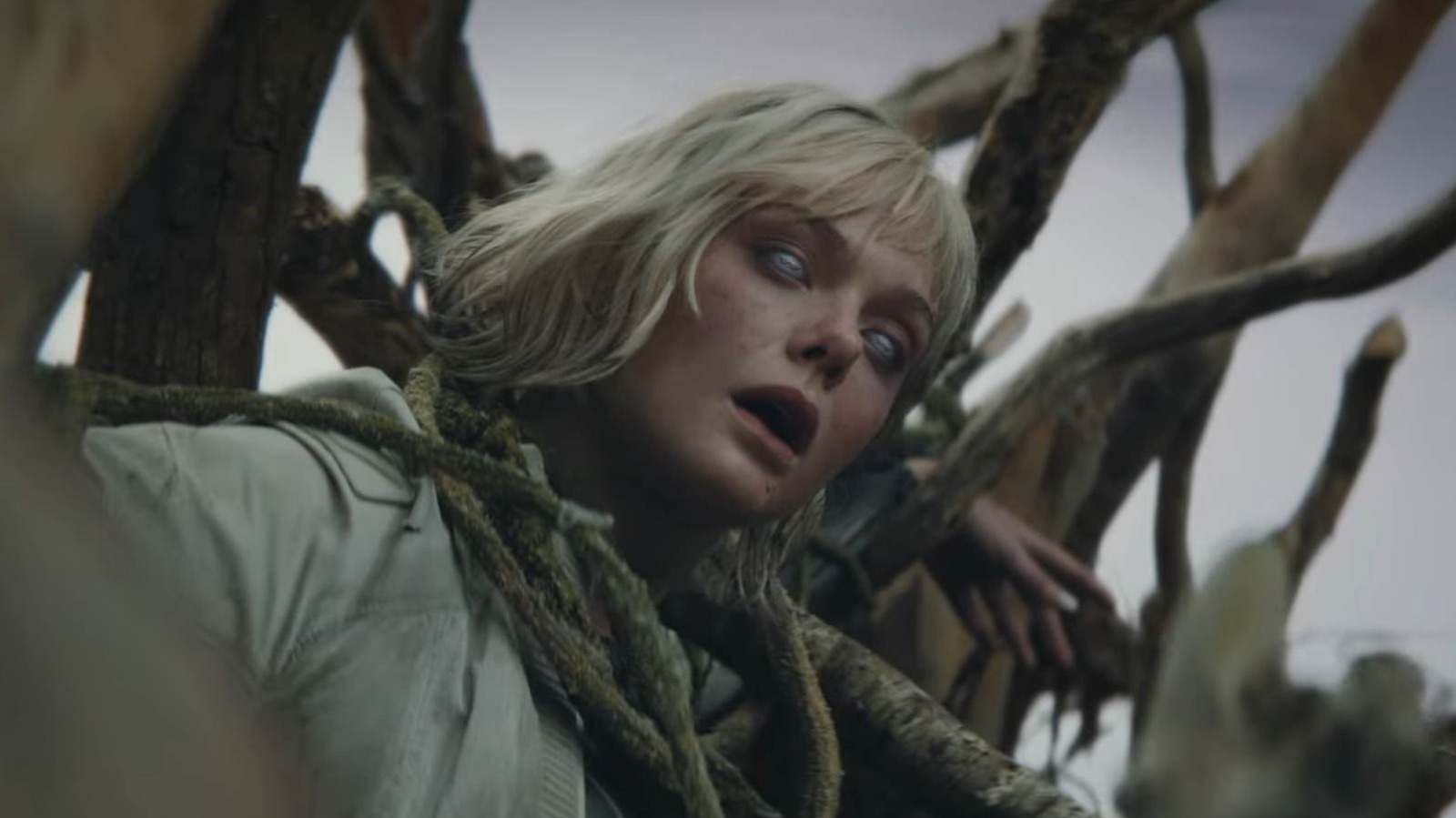

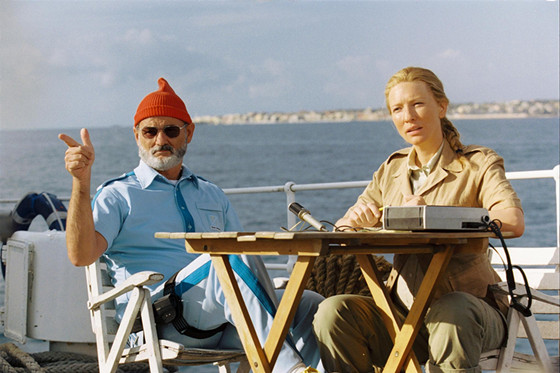





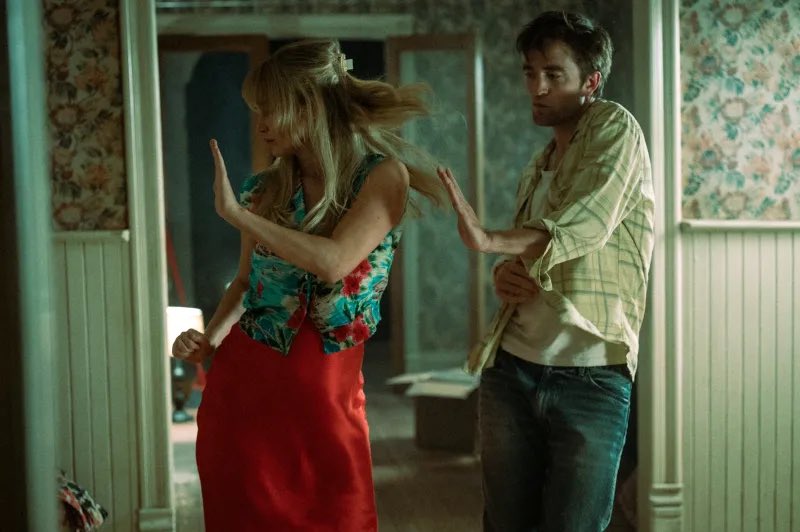



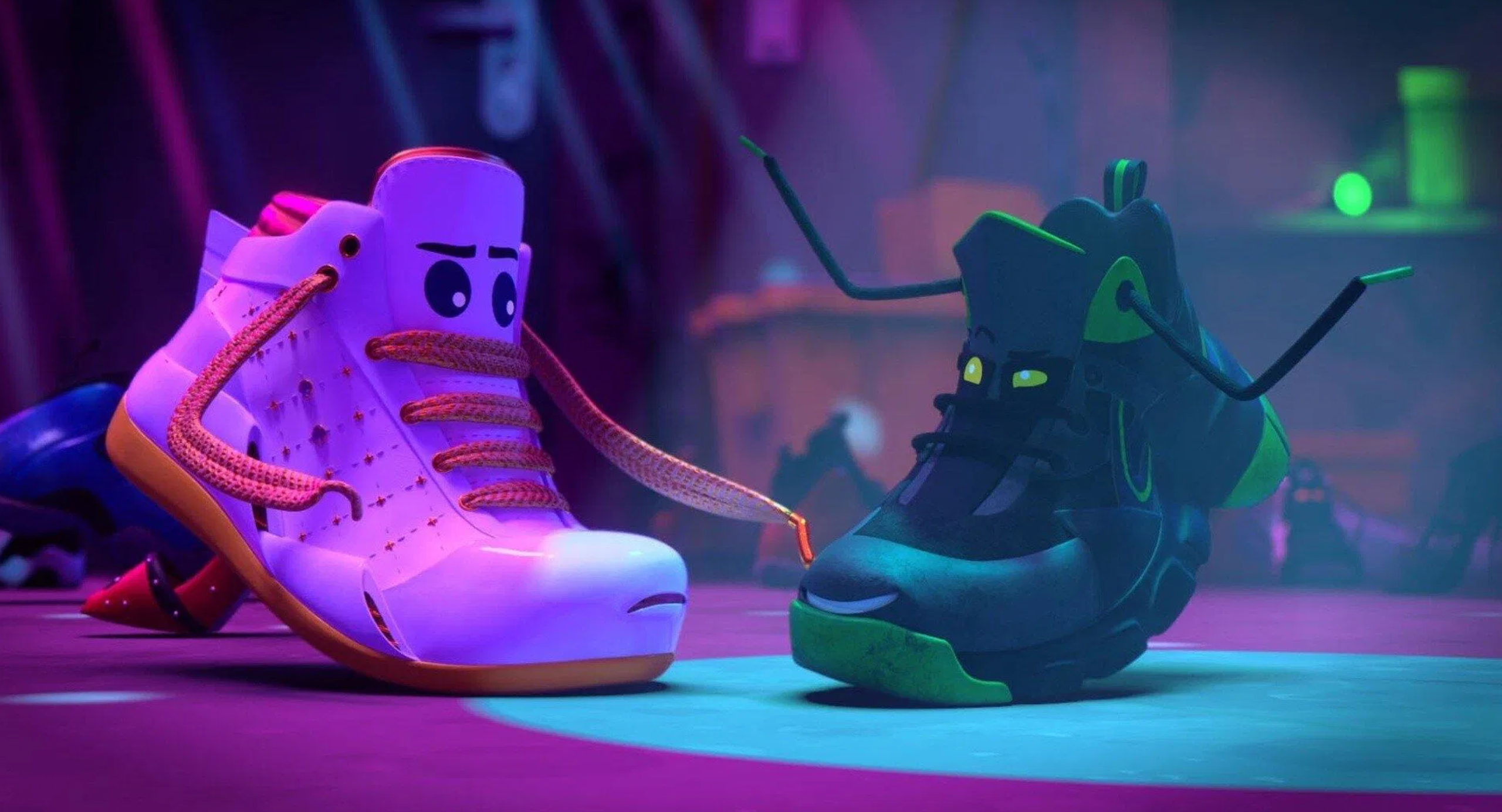
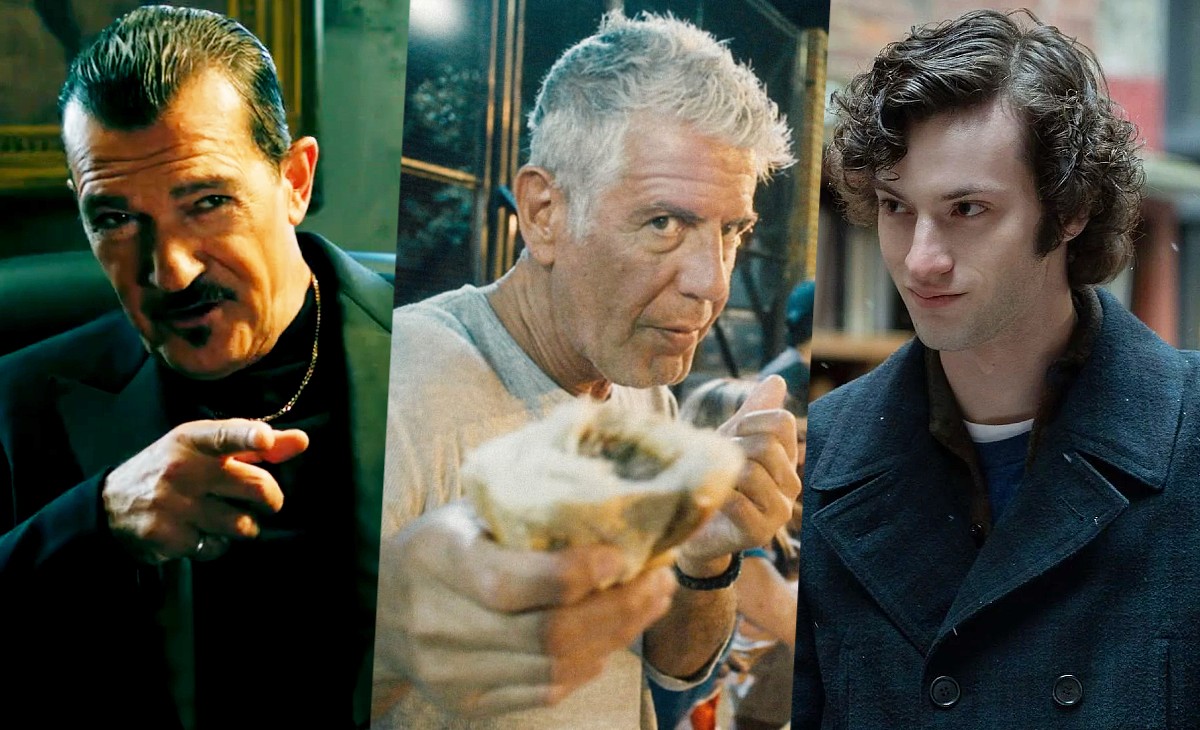
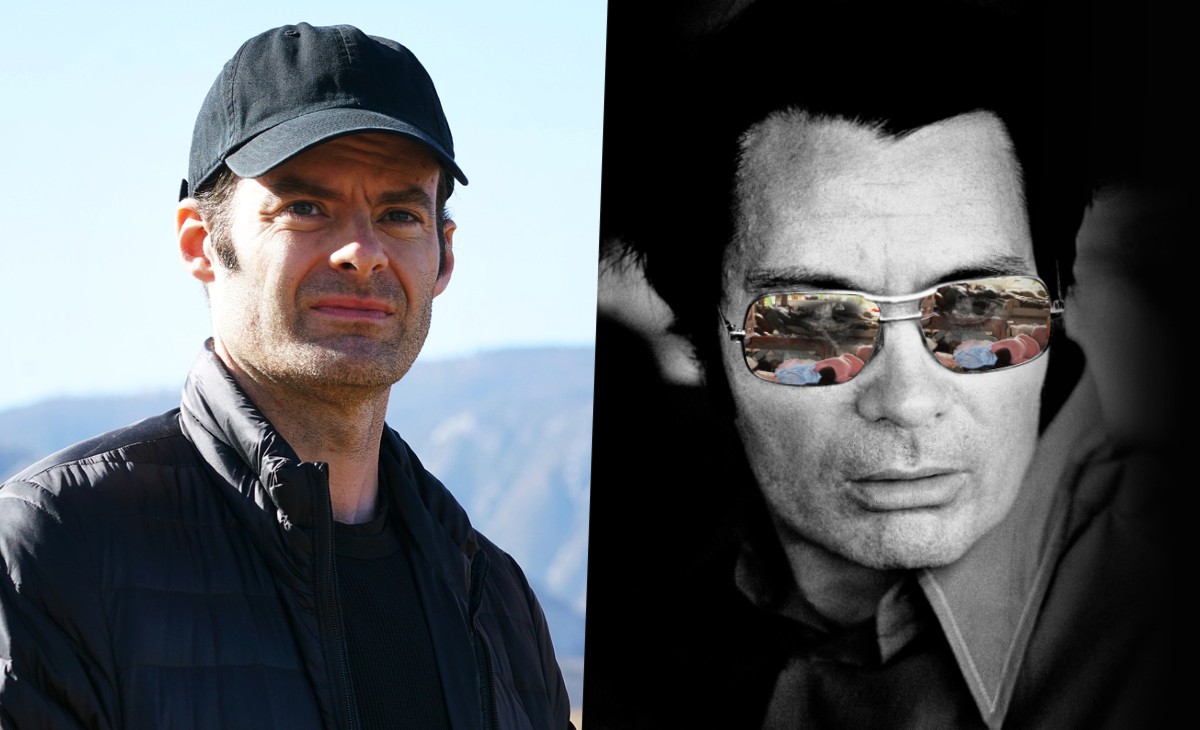

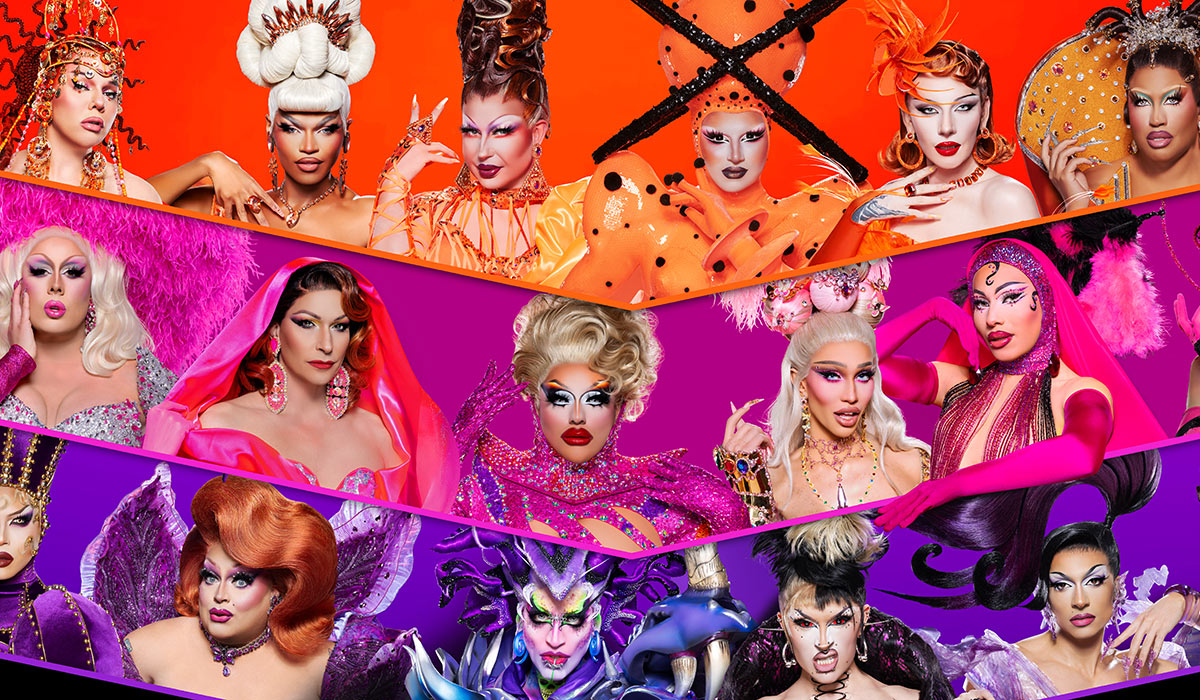
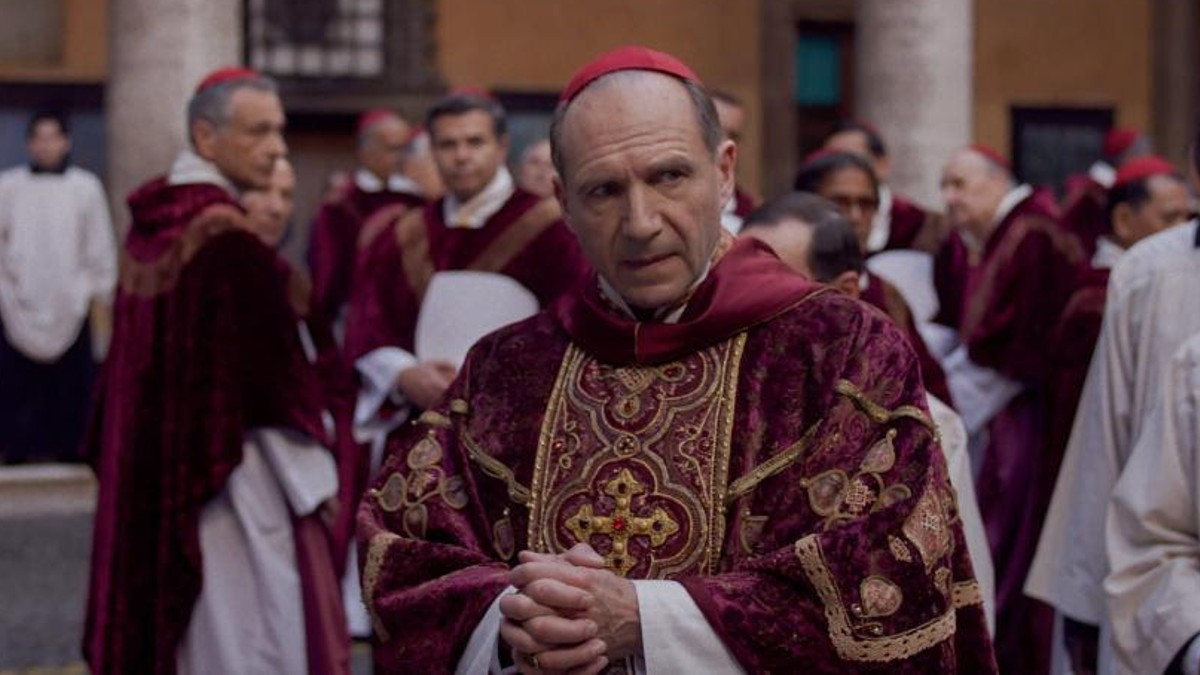



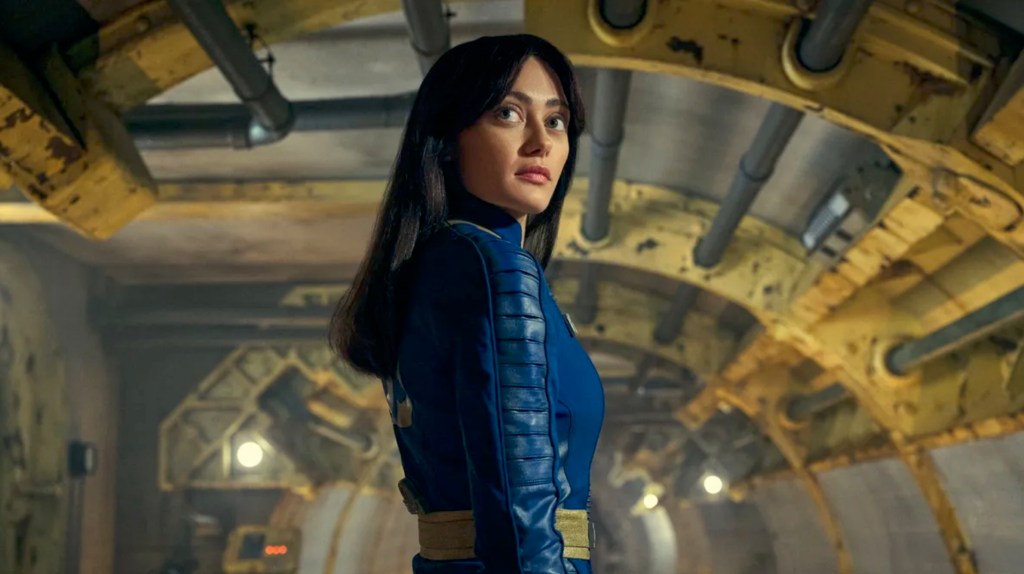





















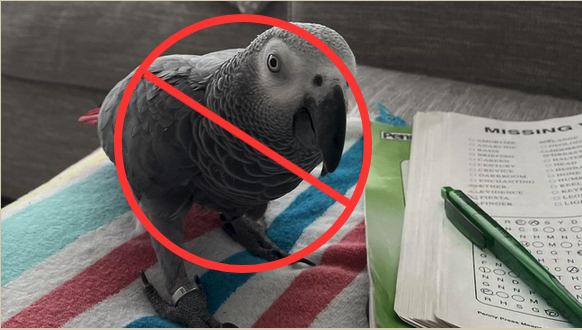

























































































![Last Chance Before Southwest Ends Open Seating: 90s Legend Kato Kaelin’s Barf Bag Hack Scores Empty Middle Seat [Roundup]](https://viewfromthewing.com/wp-content/uploads/2025/04/kato-kaelin-southwest.jpg?#)























-Classic-Nintendo-GameCube-games-are-coming-to-Nintendo-Switch-2!-00-00-13.png?width=1920&height=1920&fit=bounds&quality=70&format=jpg&auto=webp#)

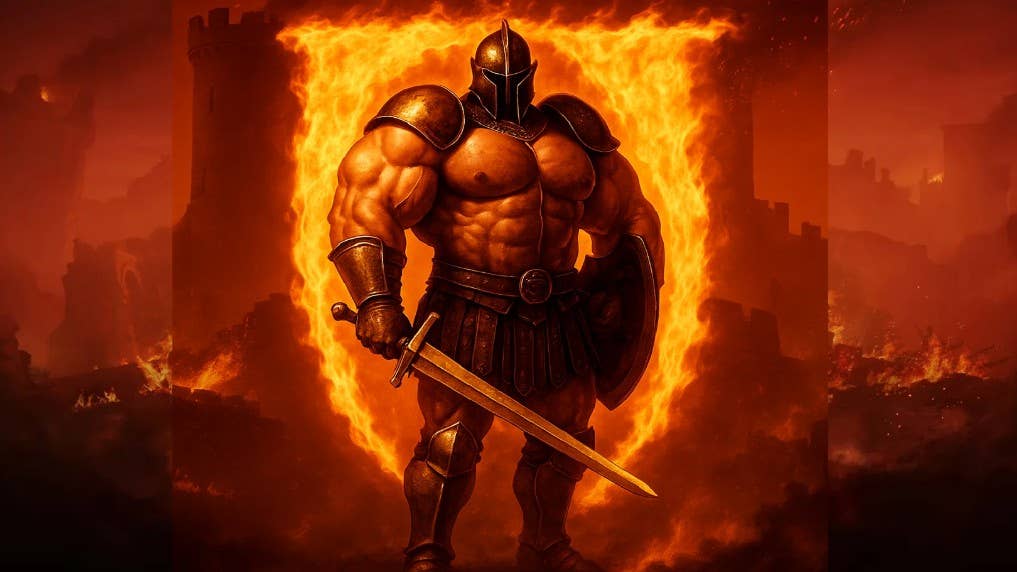
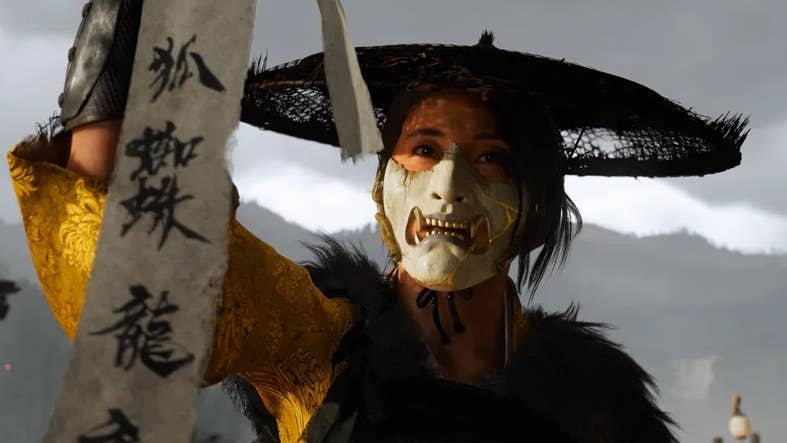





.jpg?#)










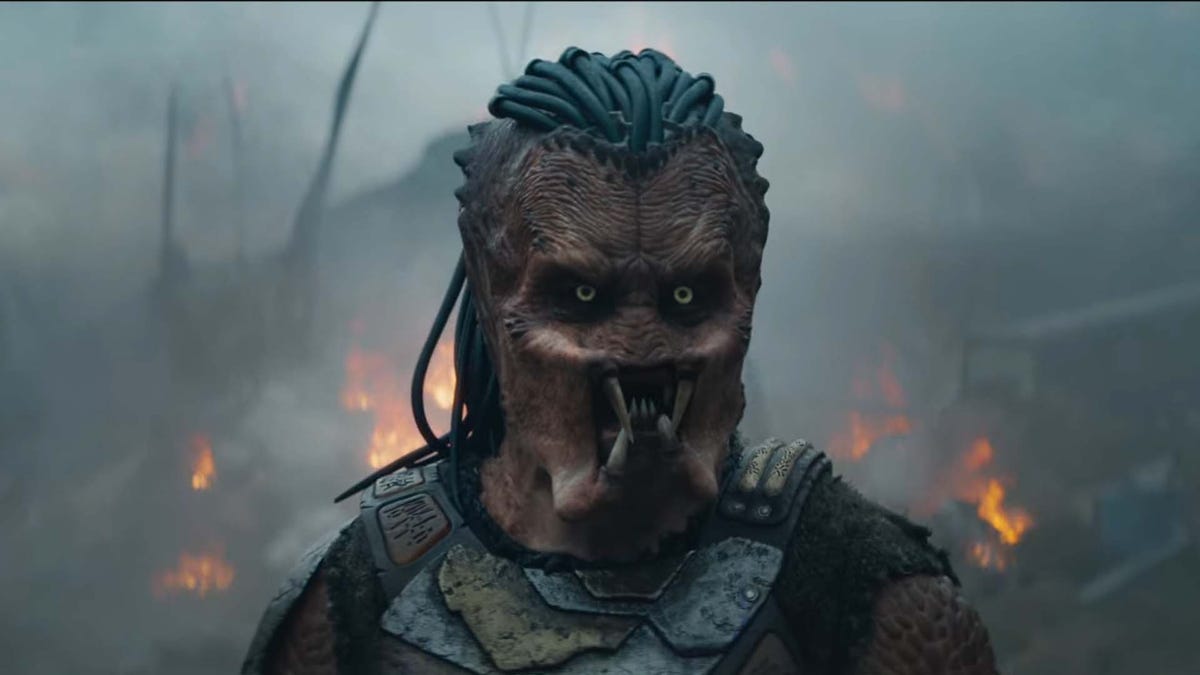
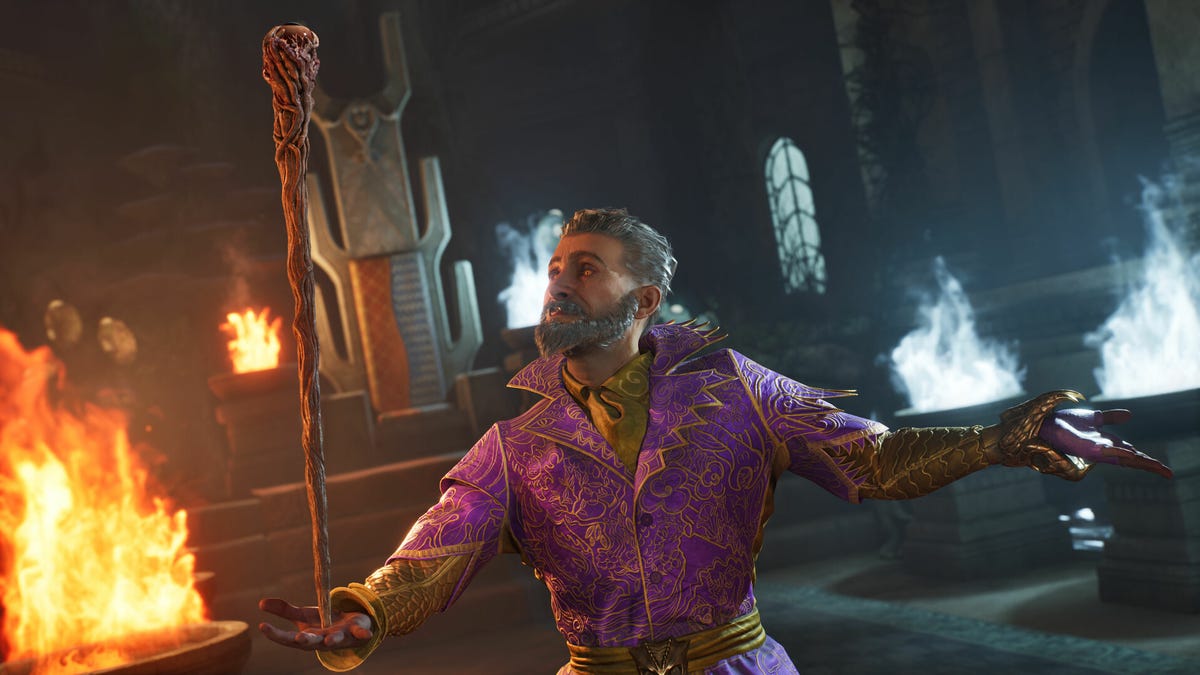
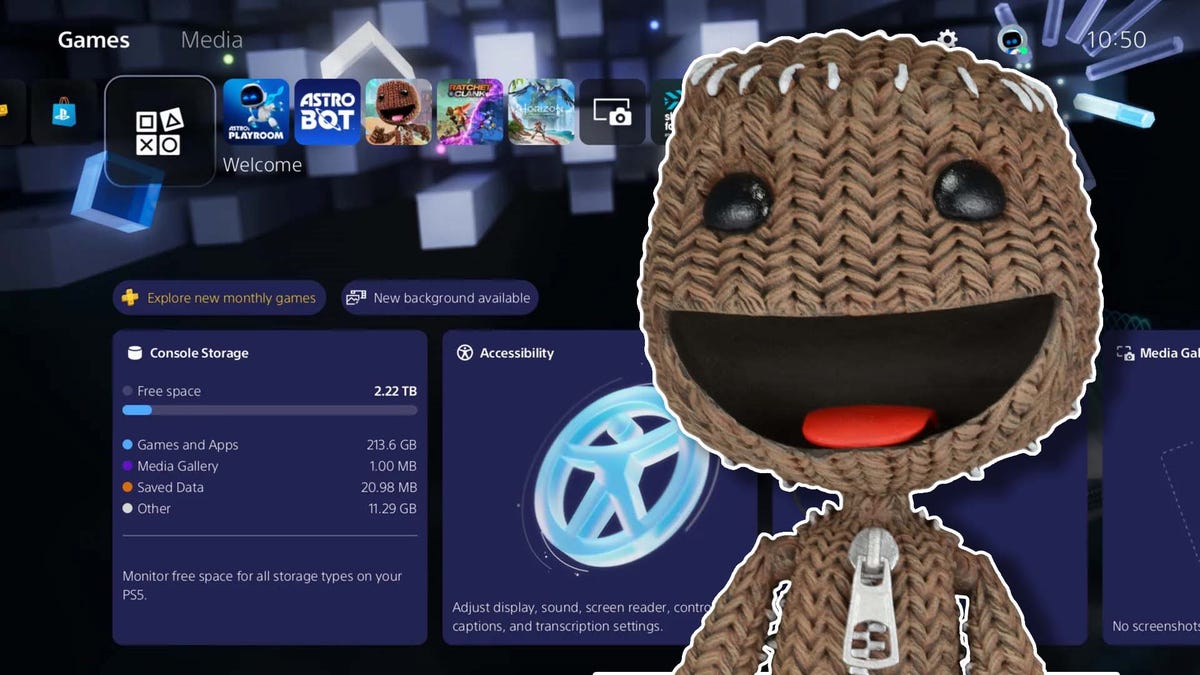
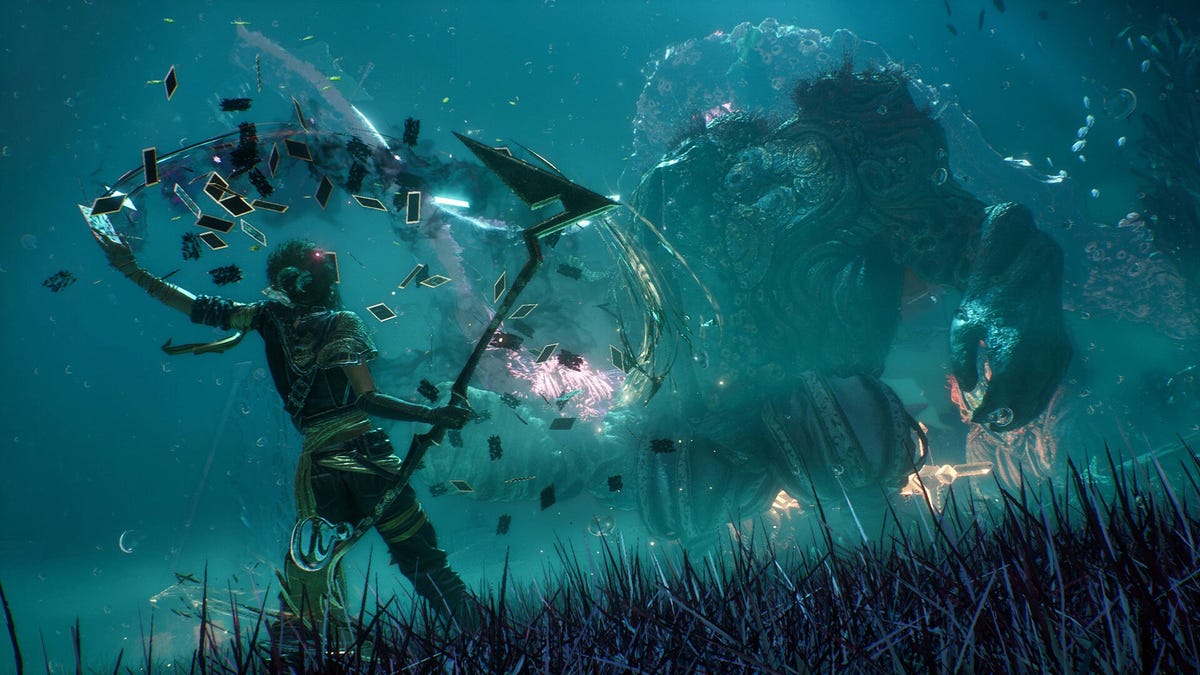





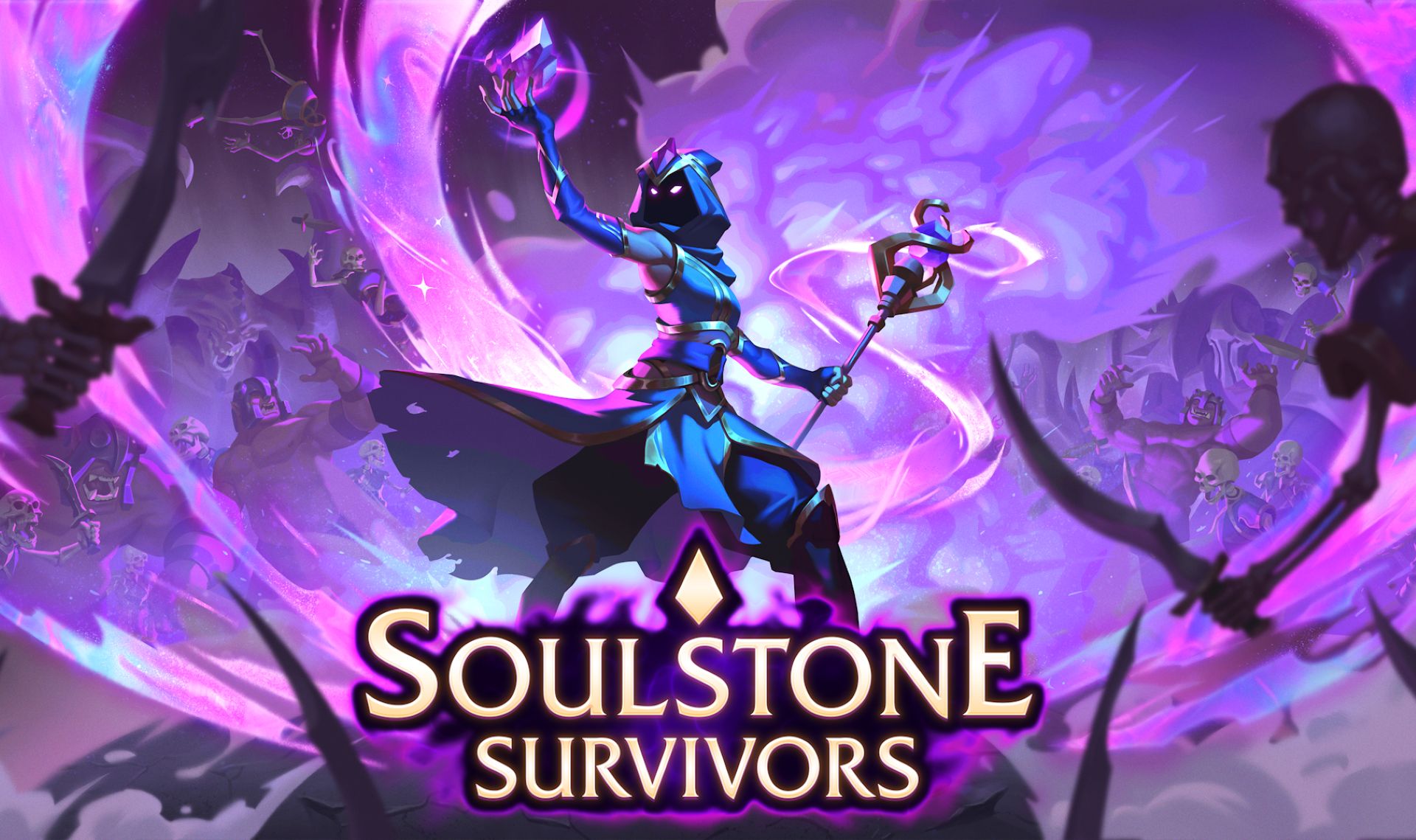
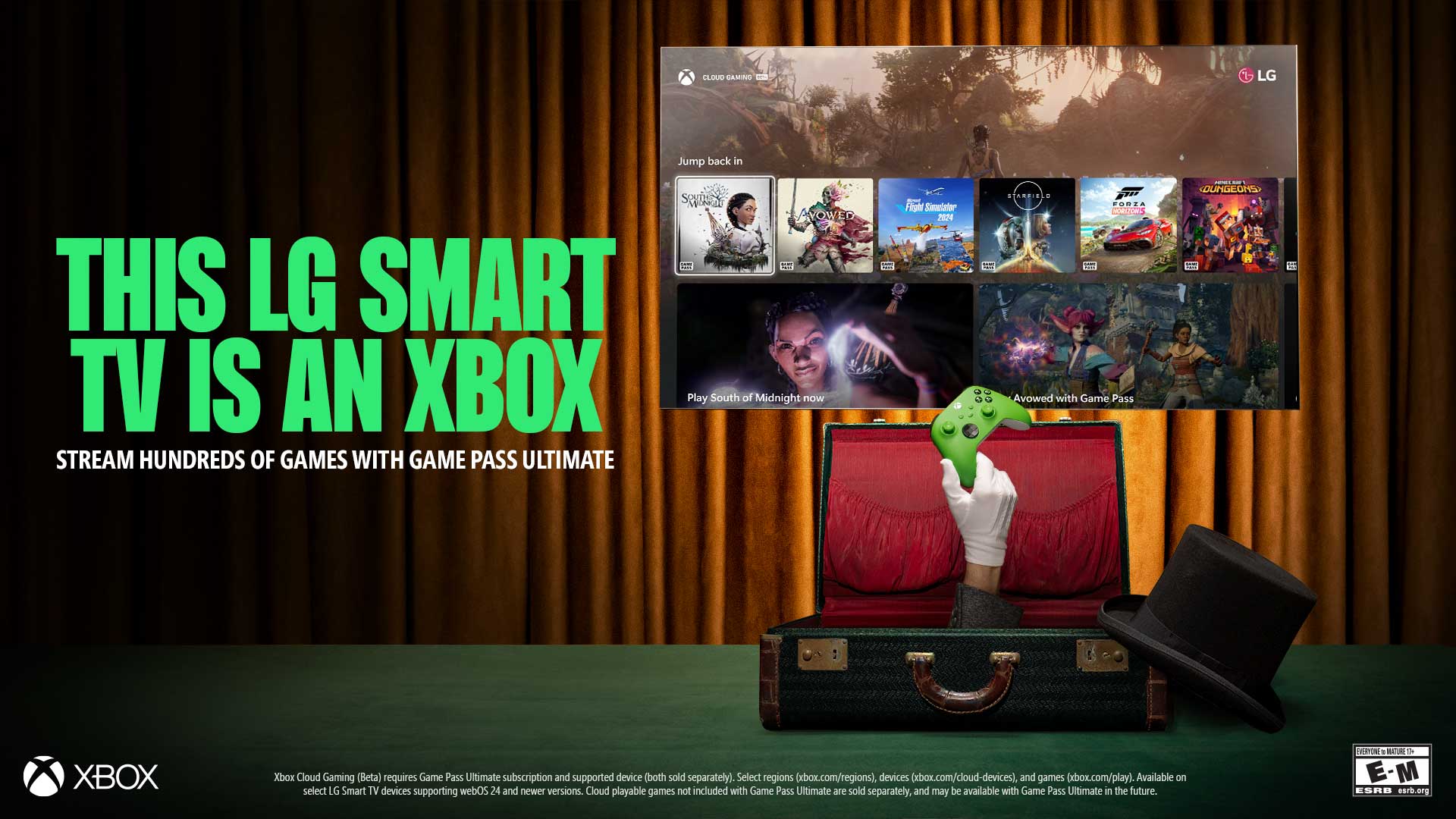





















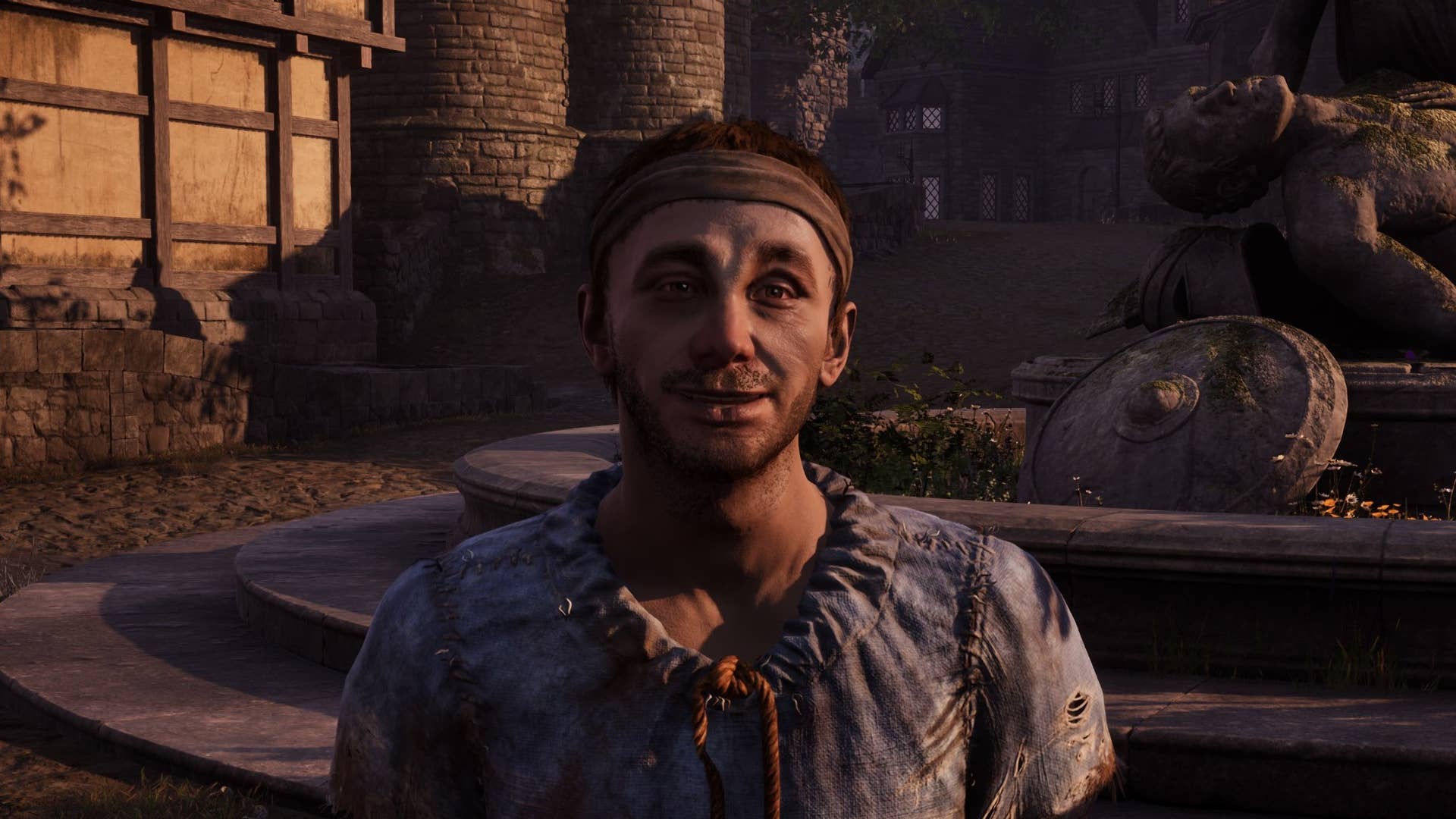






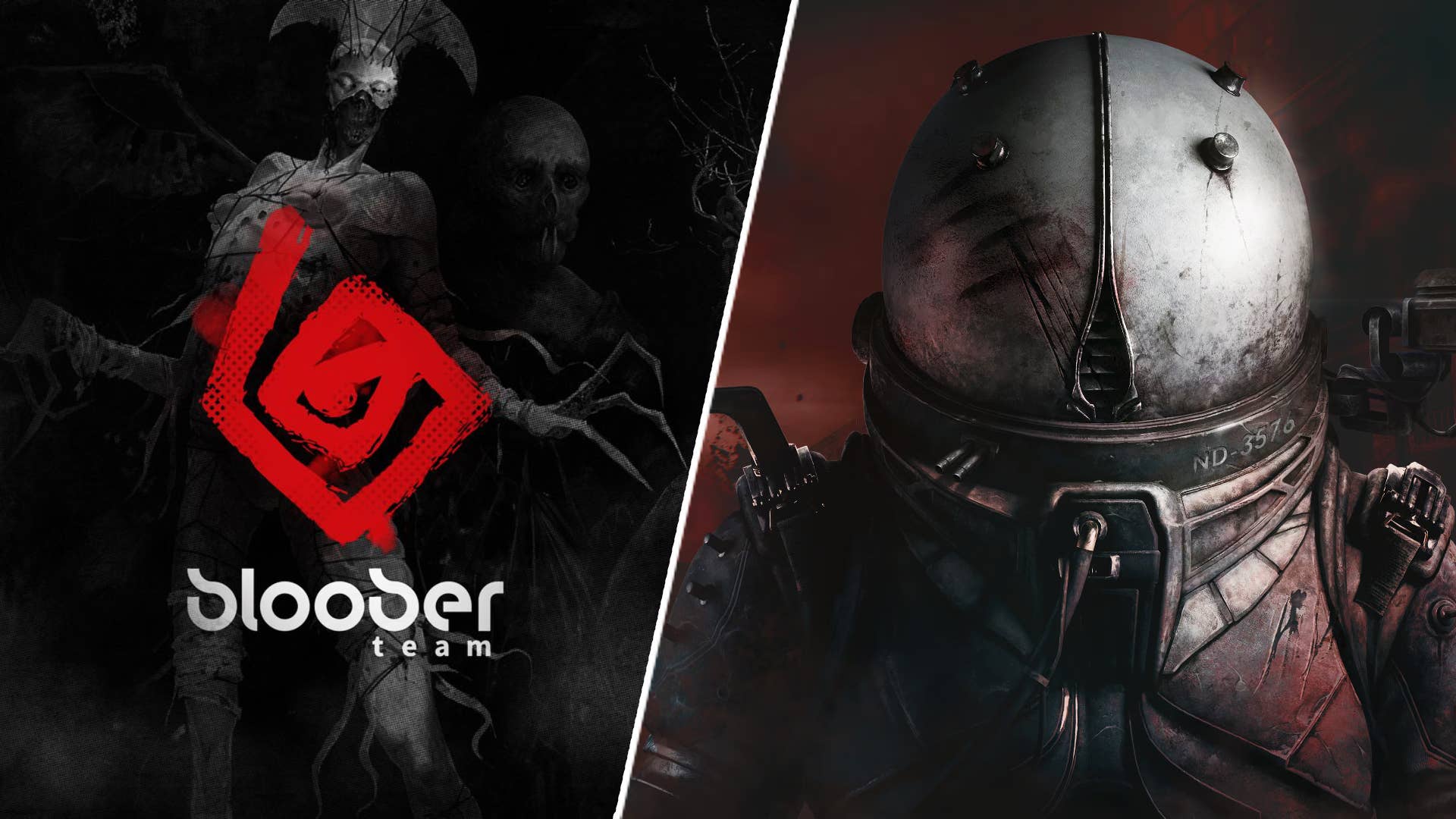

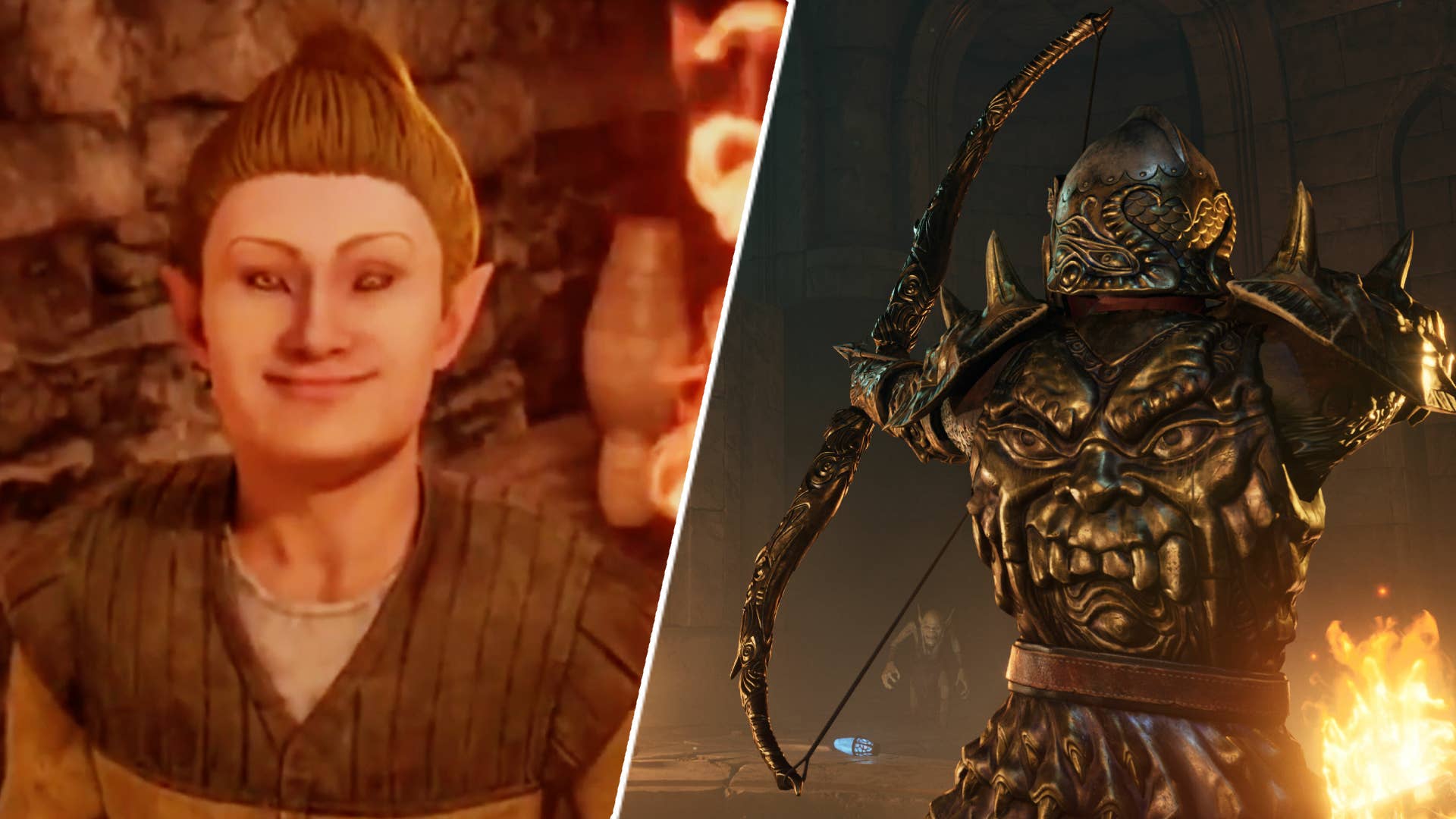
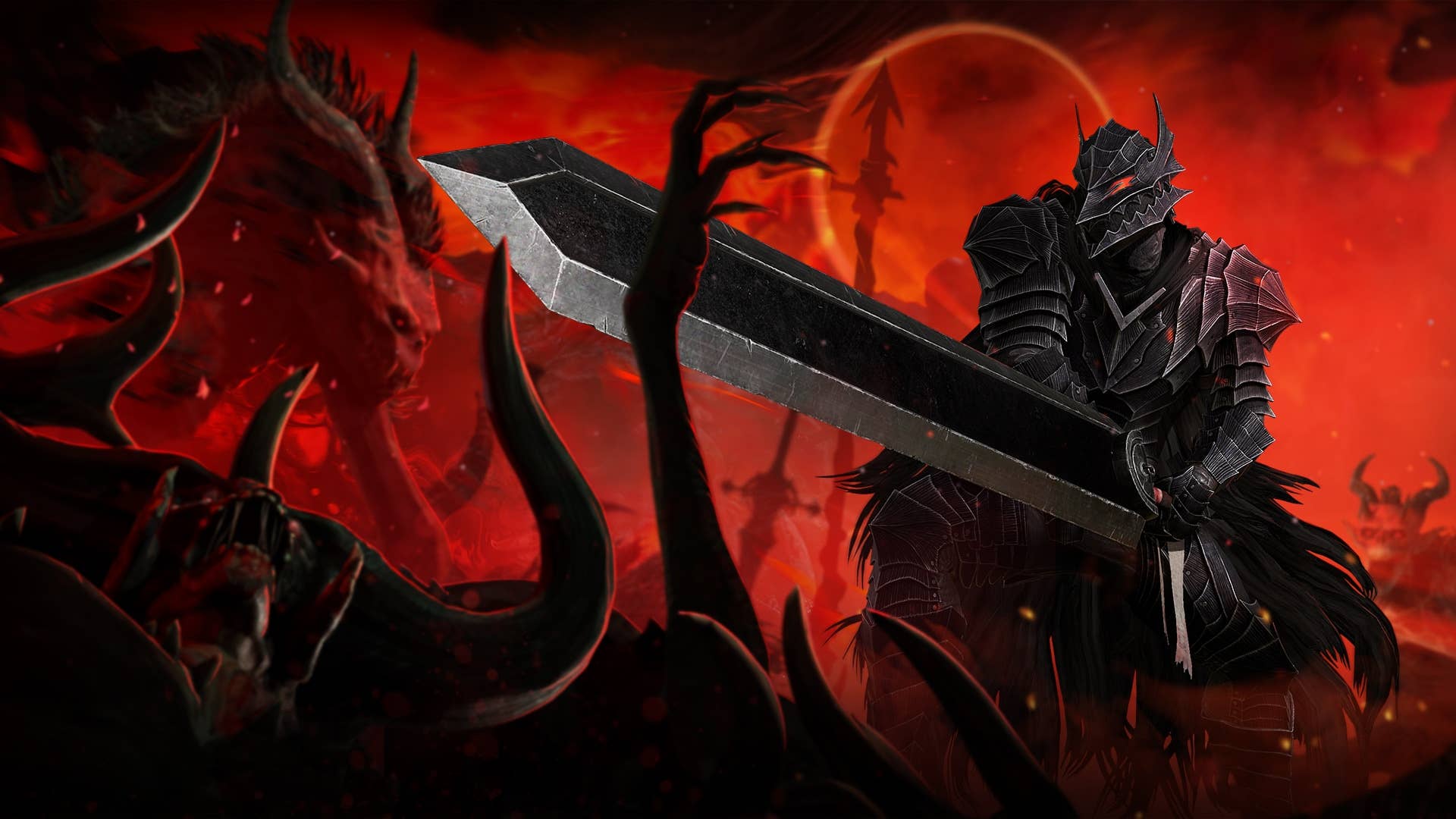






















































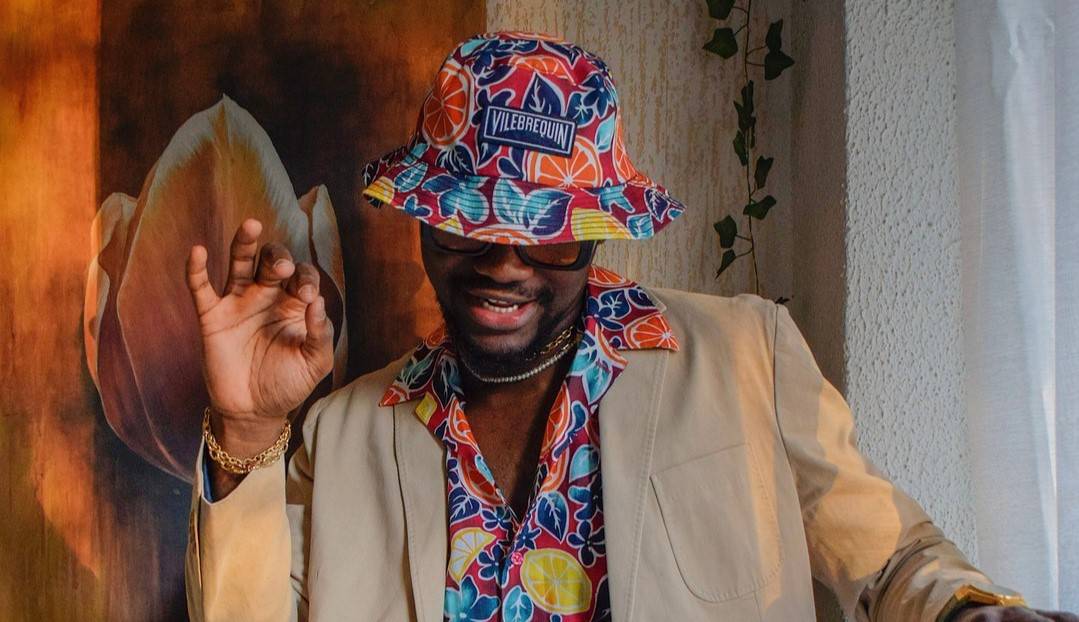



























![[Podcast] Unlocking Innovation: How Play & Creativity Drive Success with Melissa Dinwiddie](https://justcreative.com/wp-content/uploads/2025/04/melissa-dinwiddie-youtube.png)











